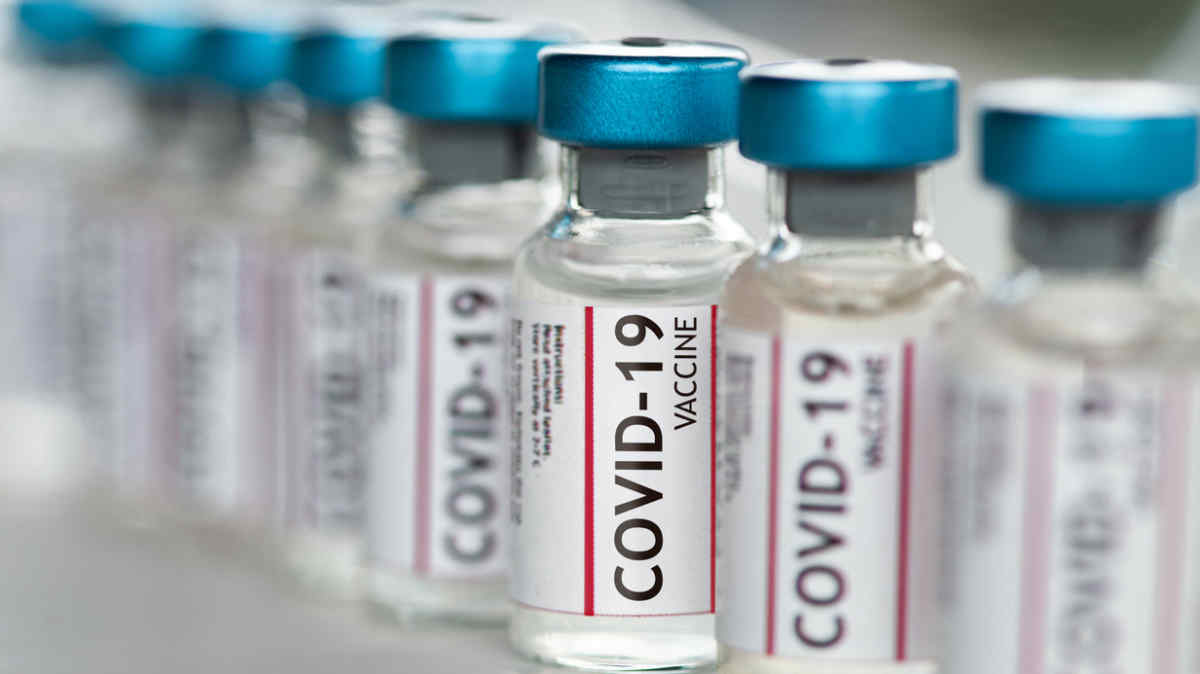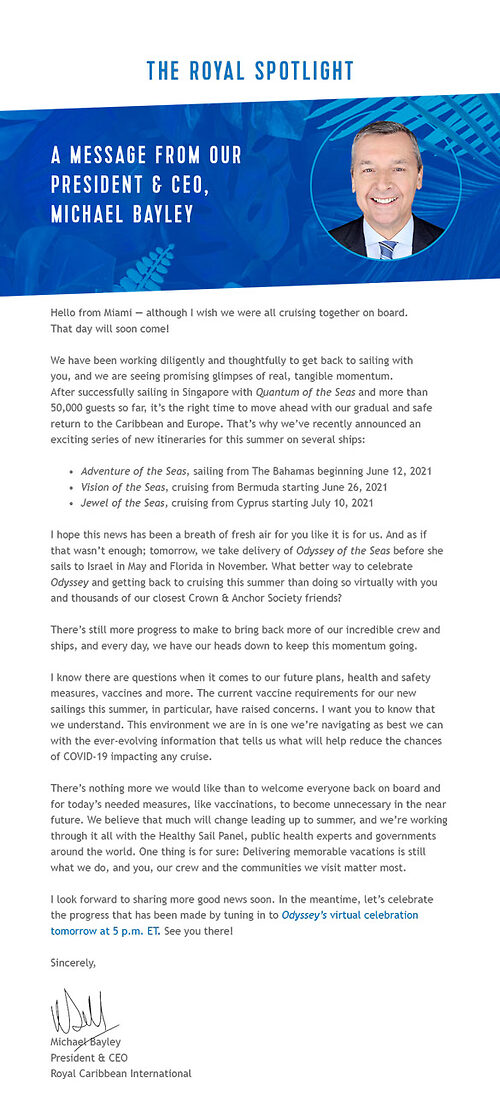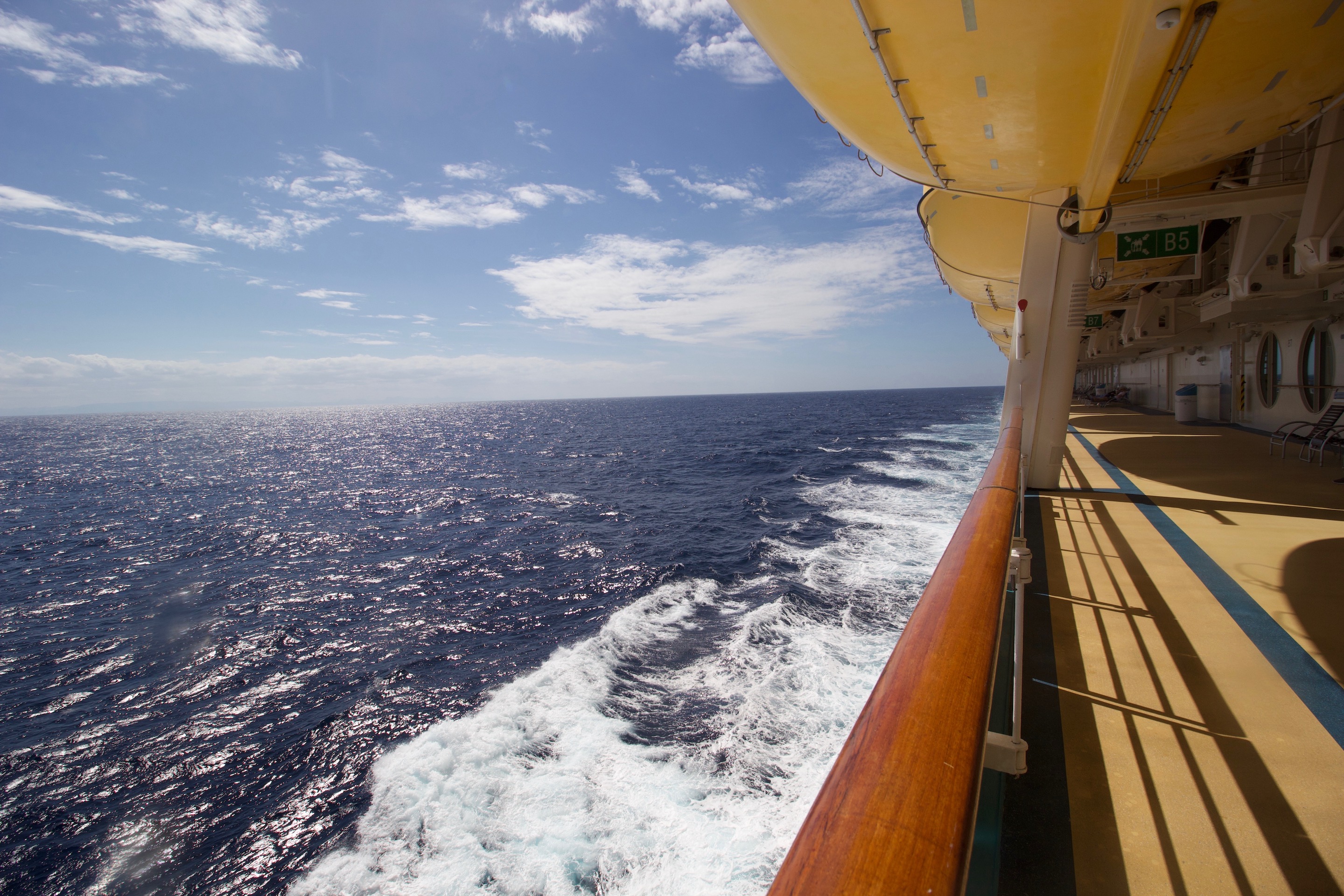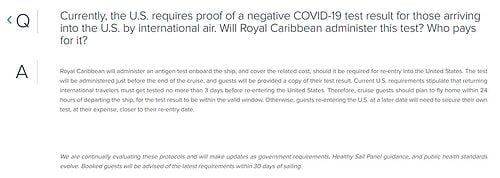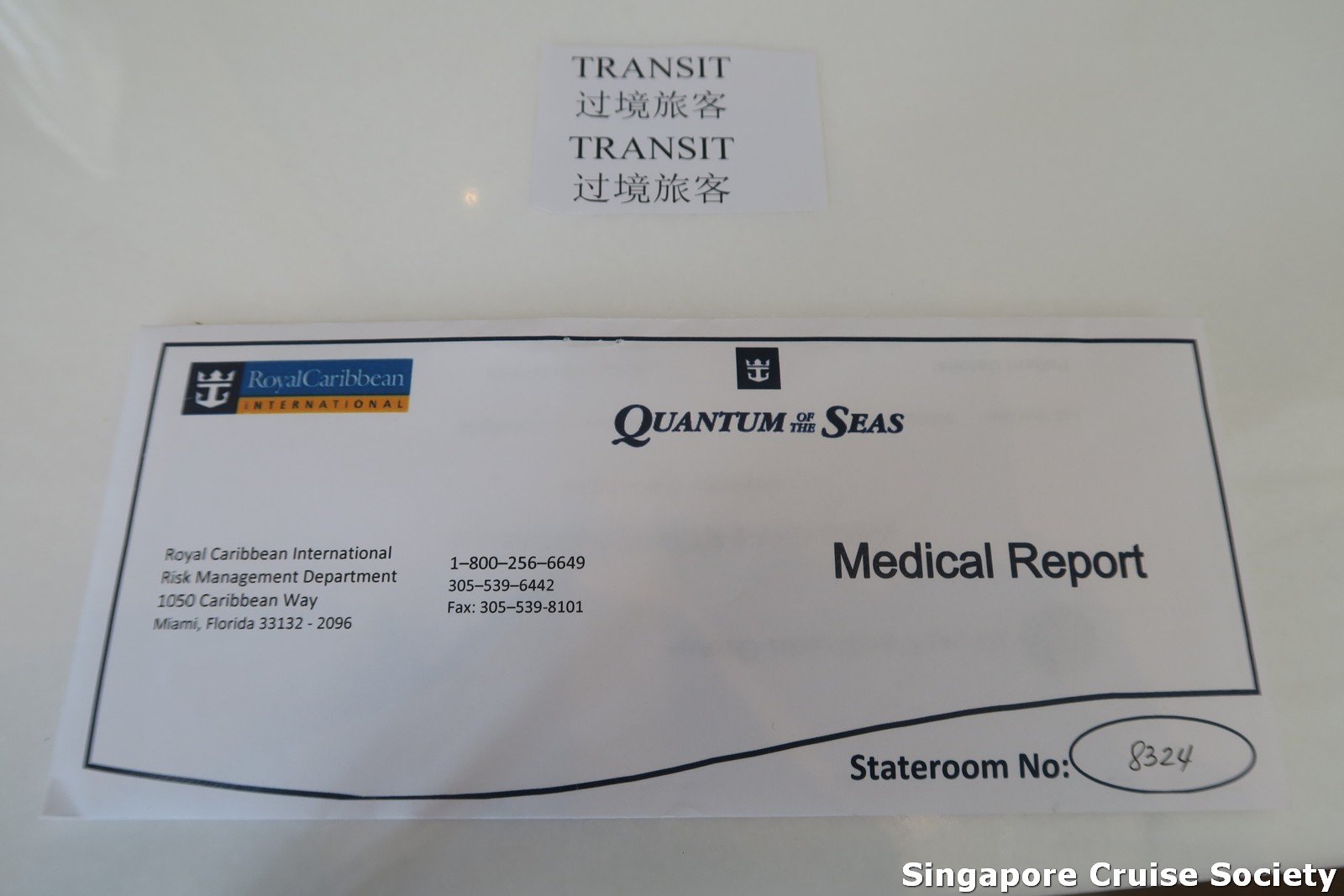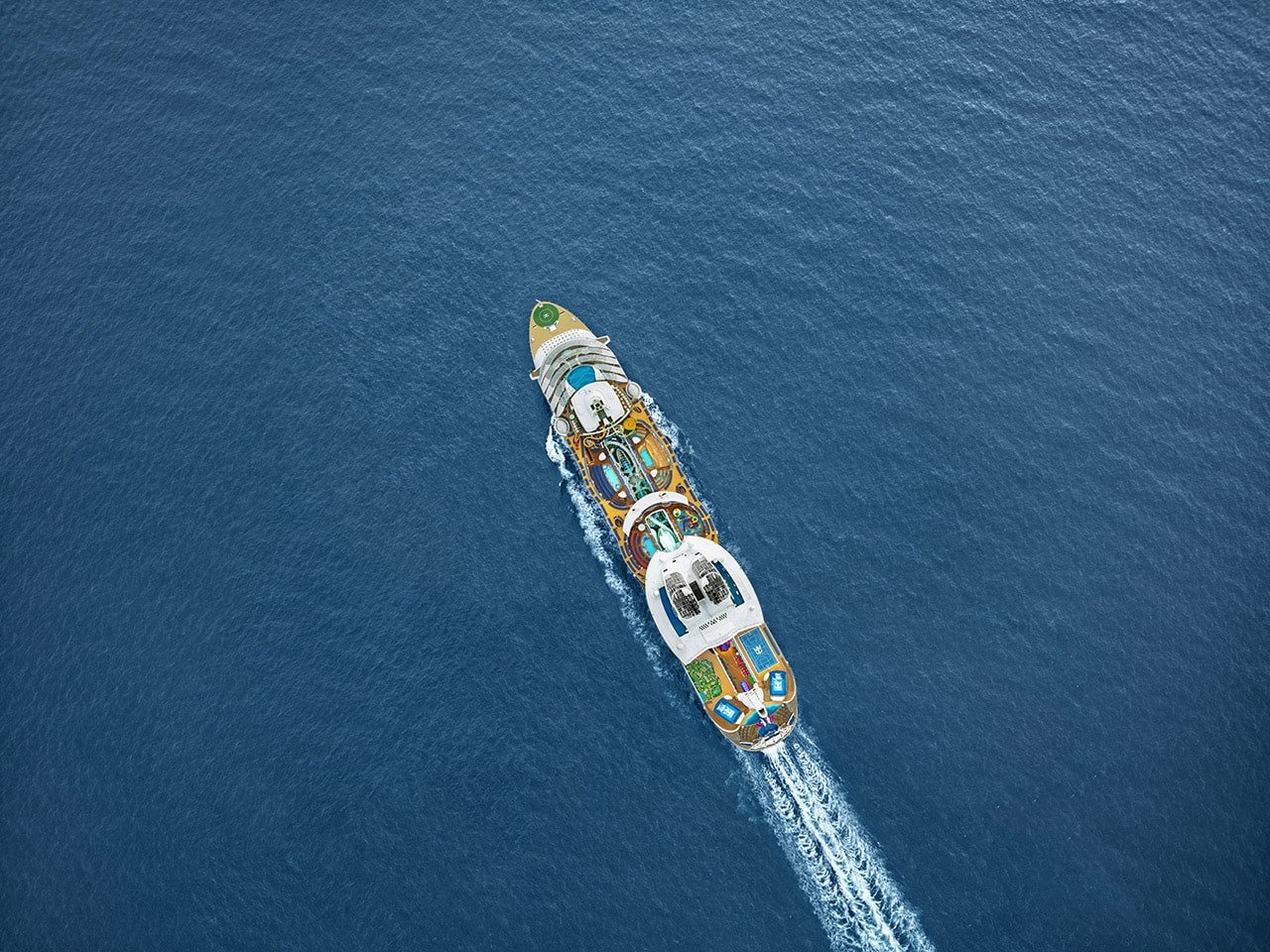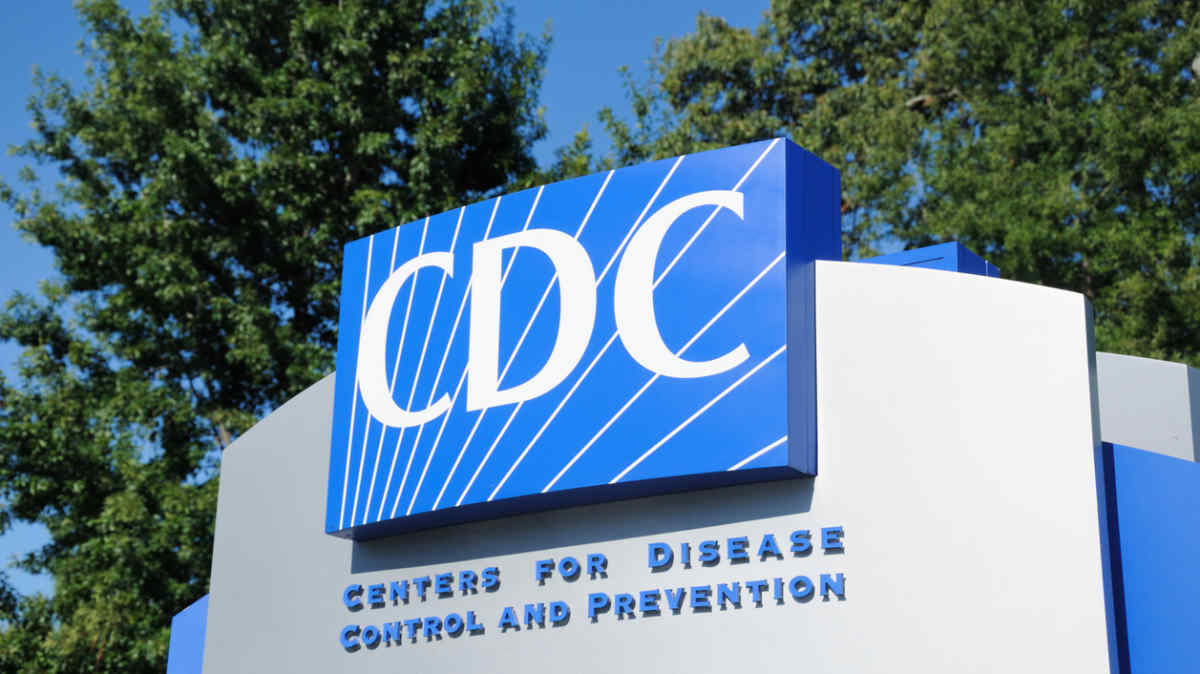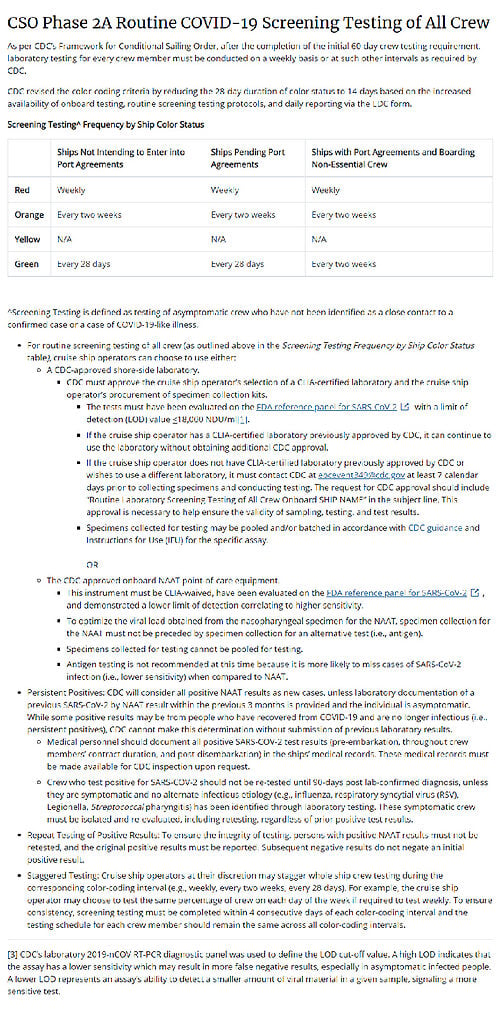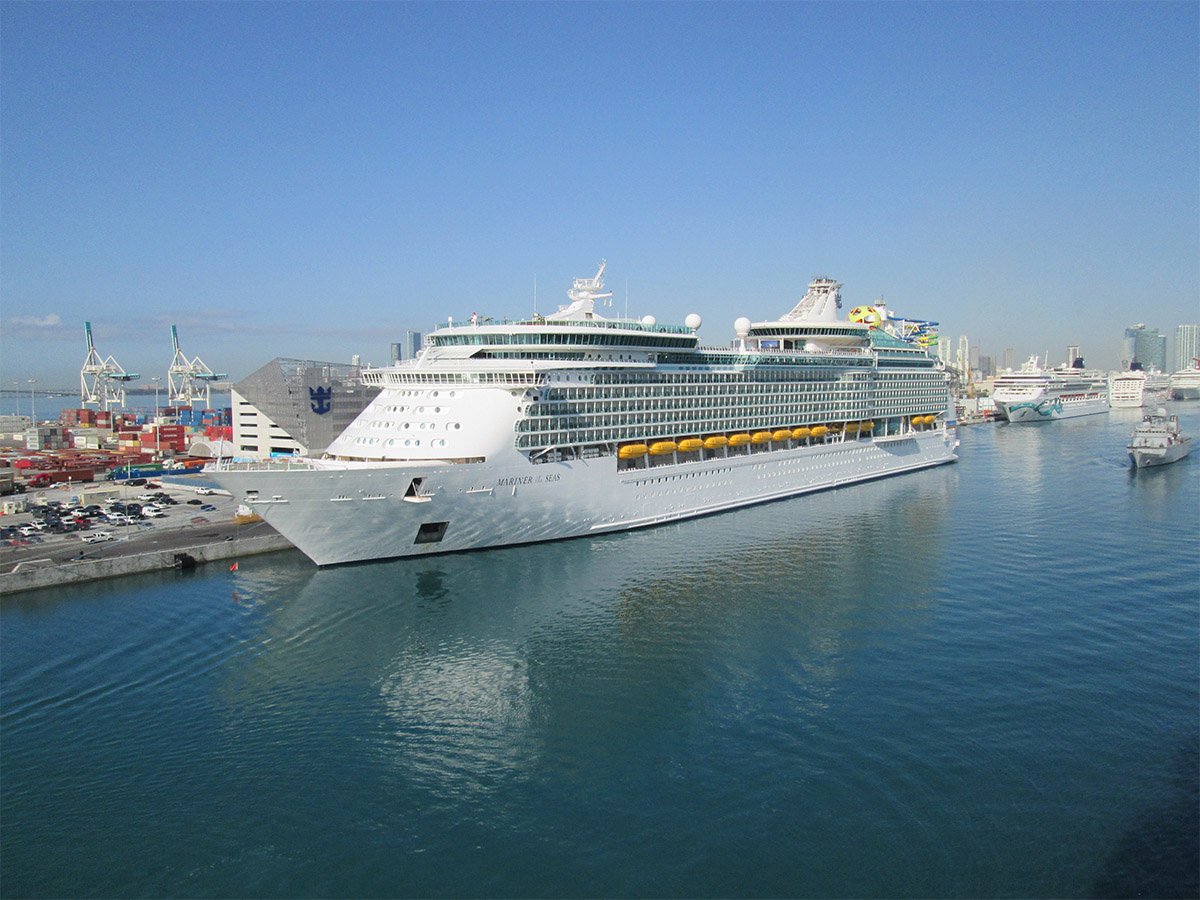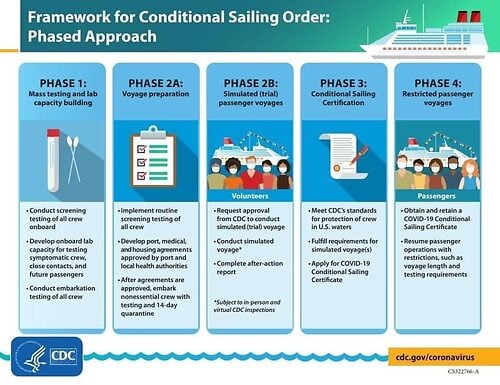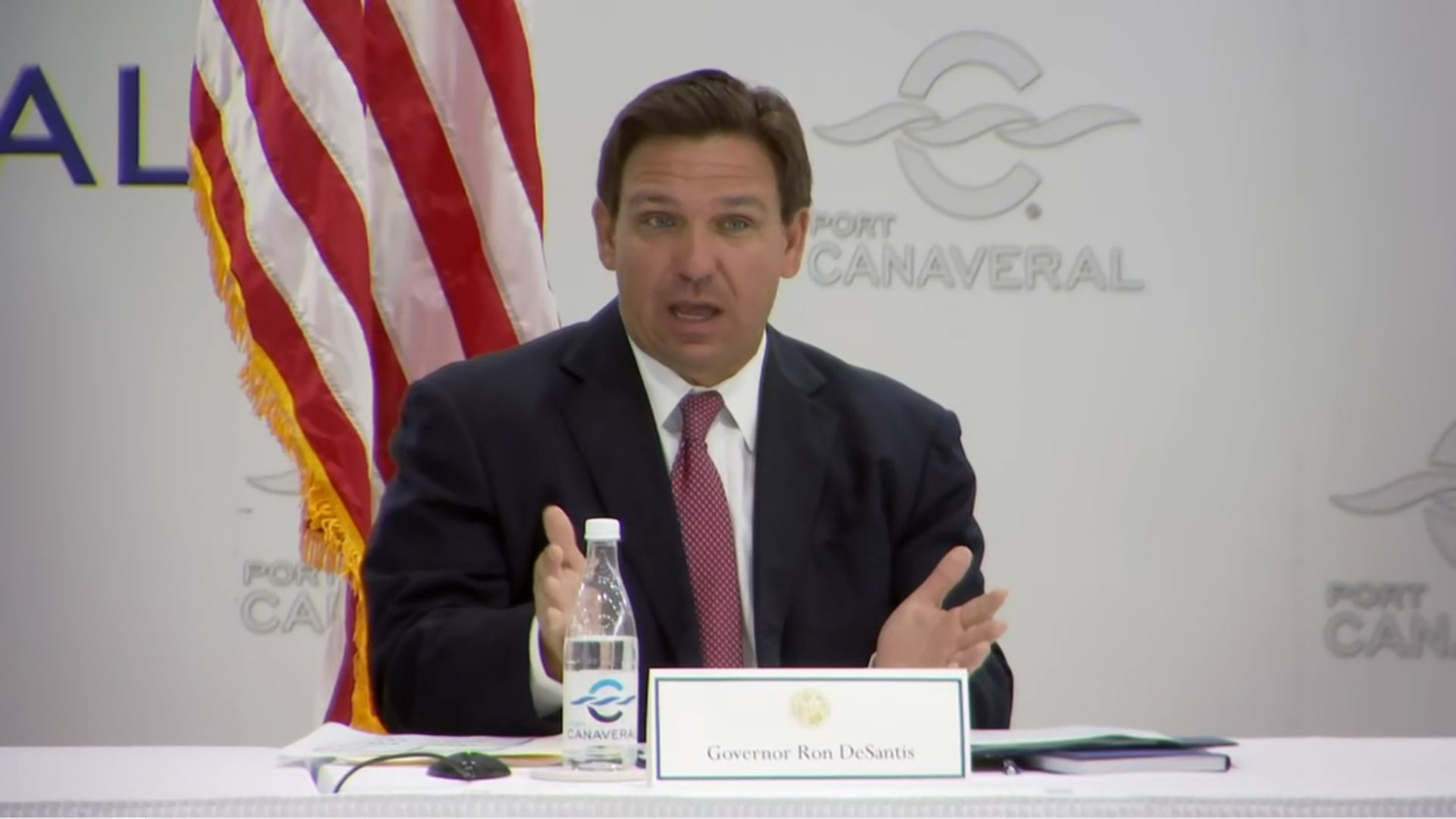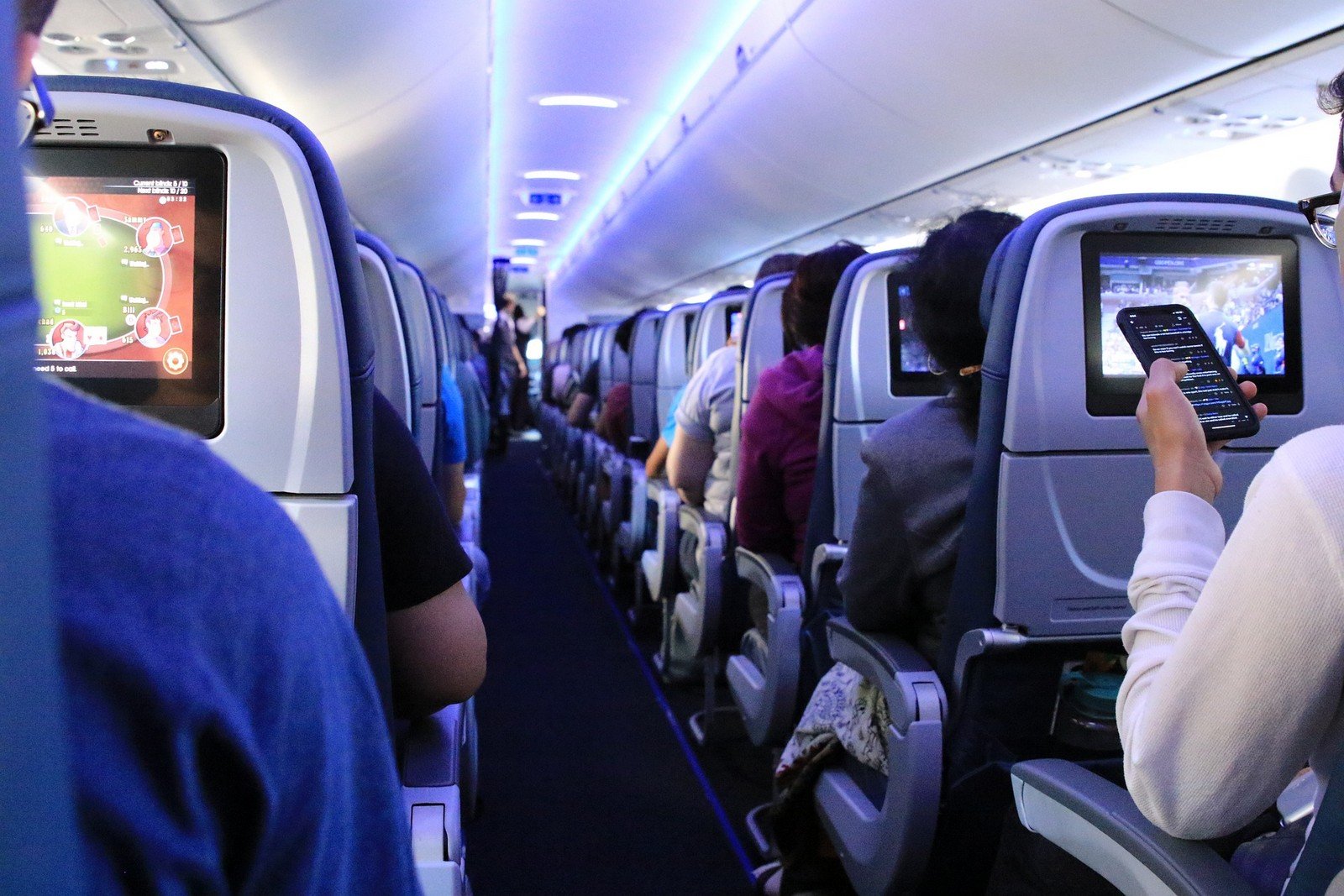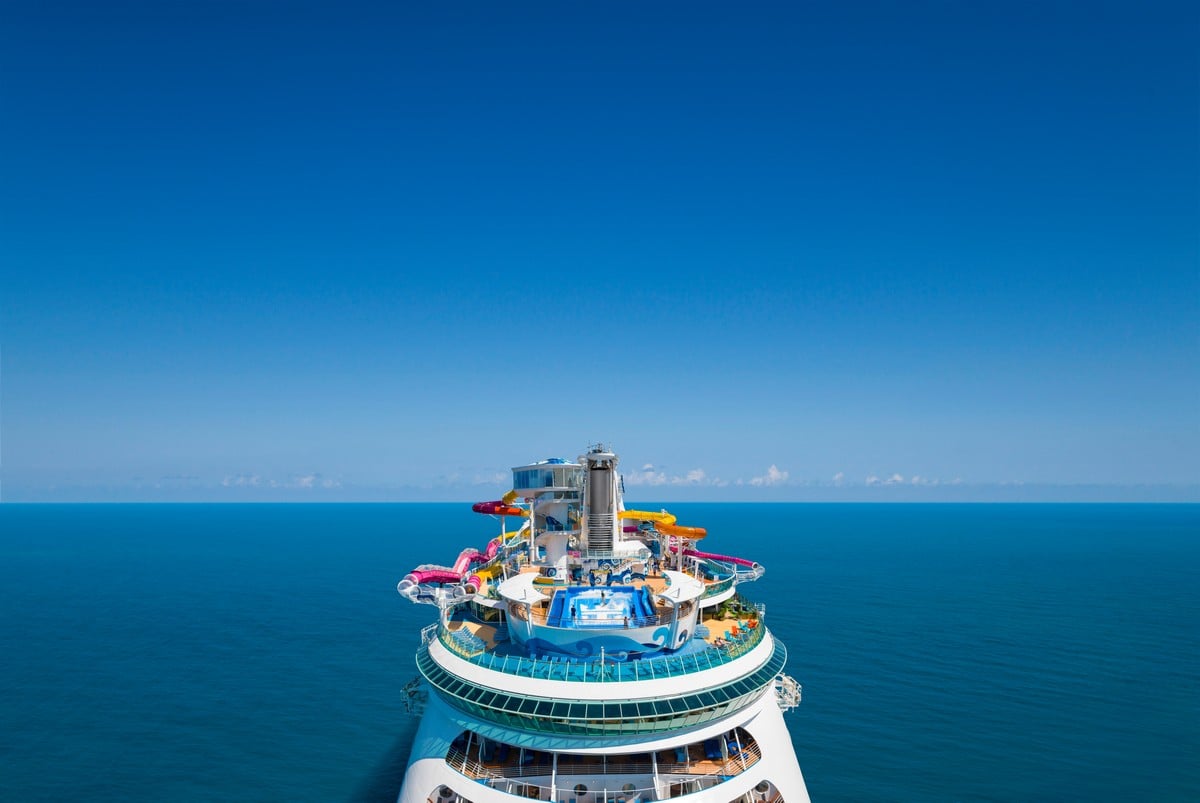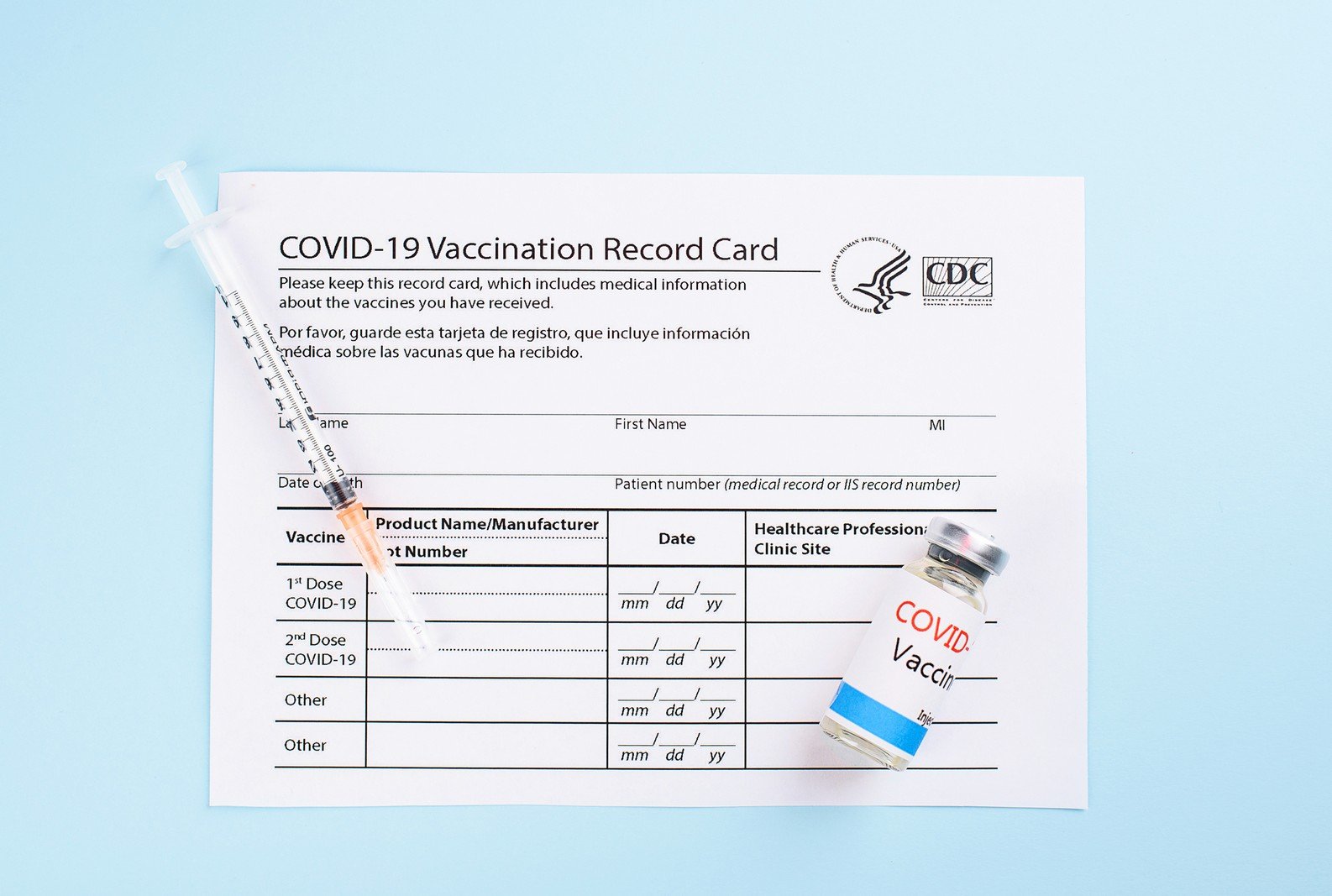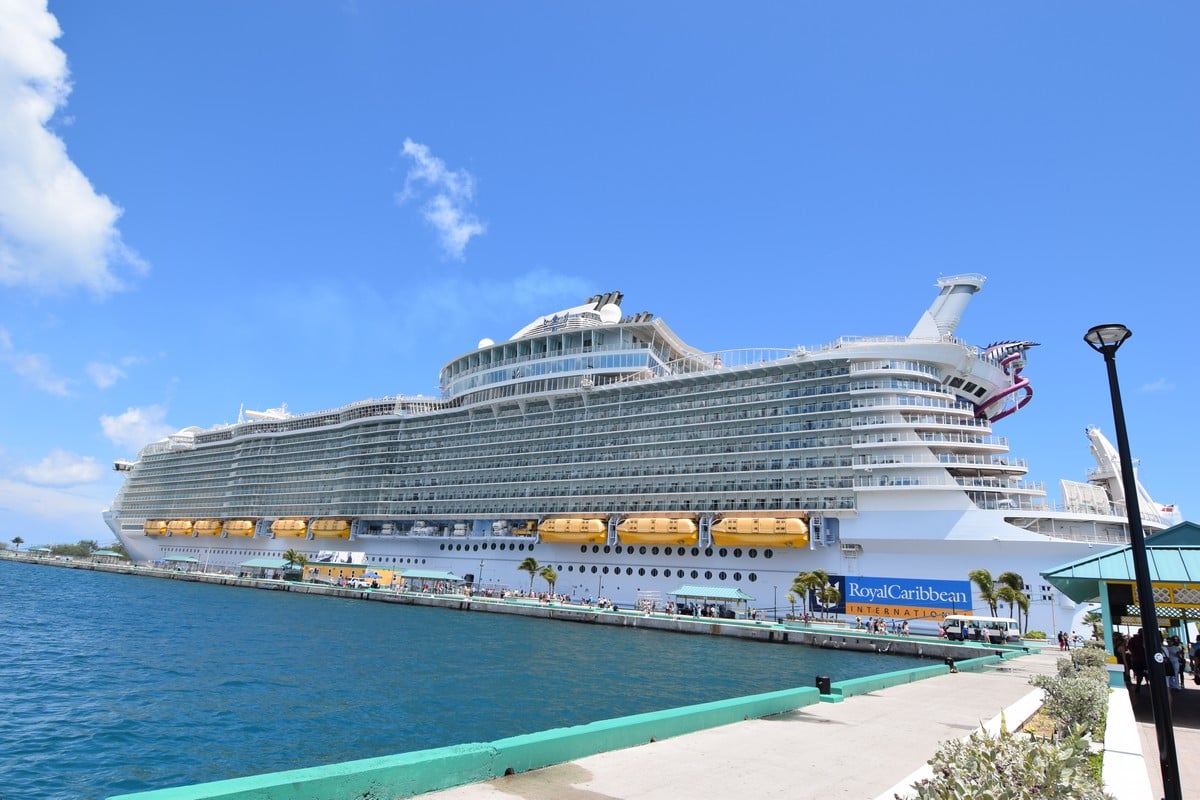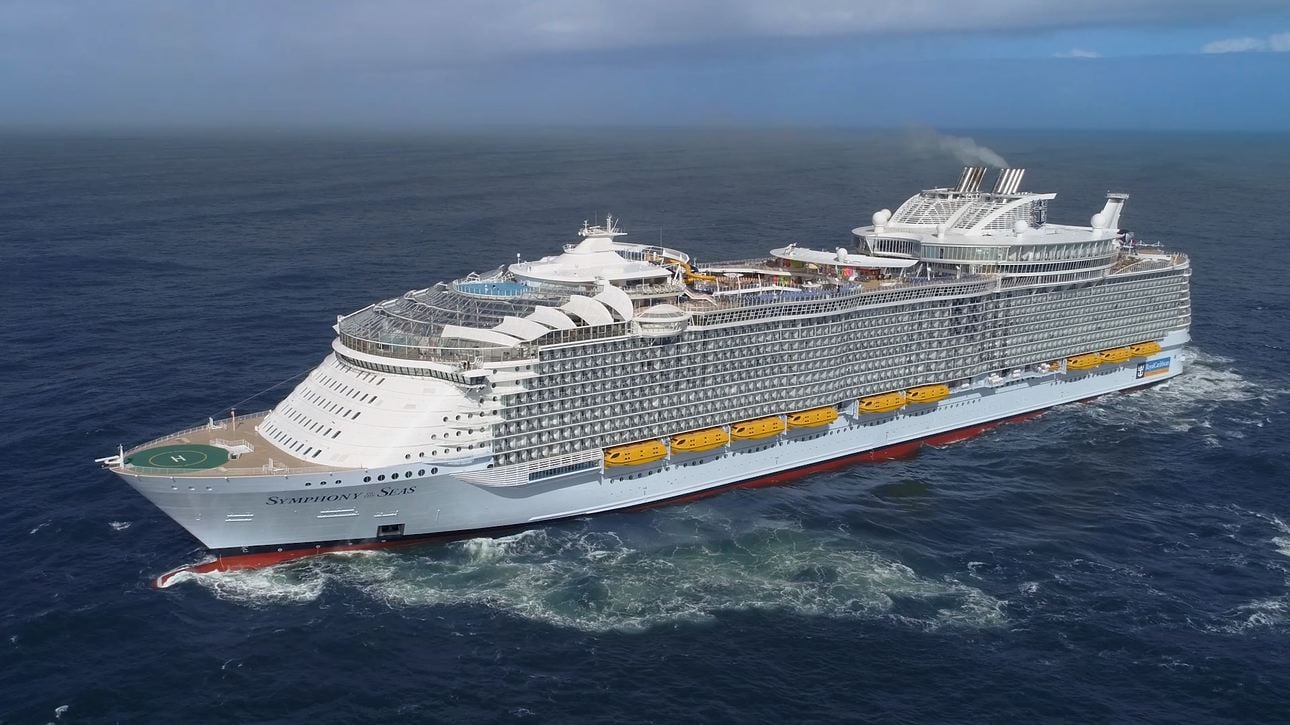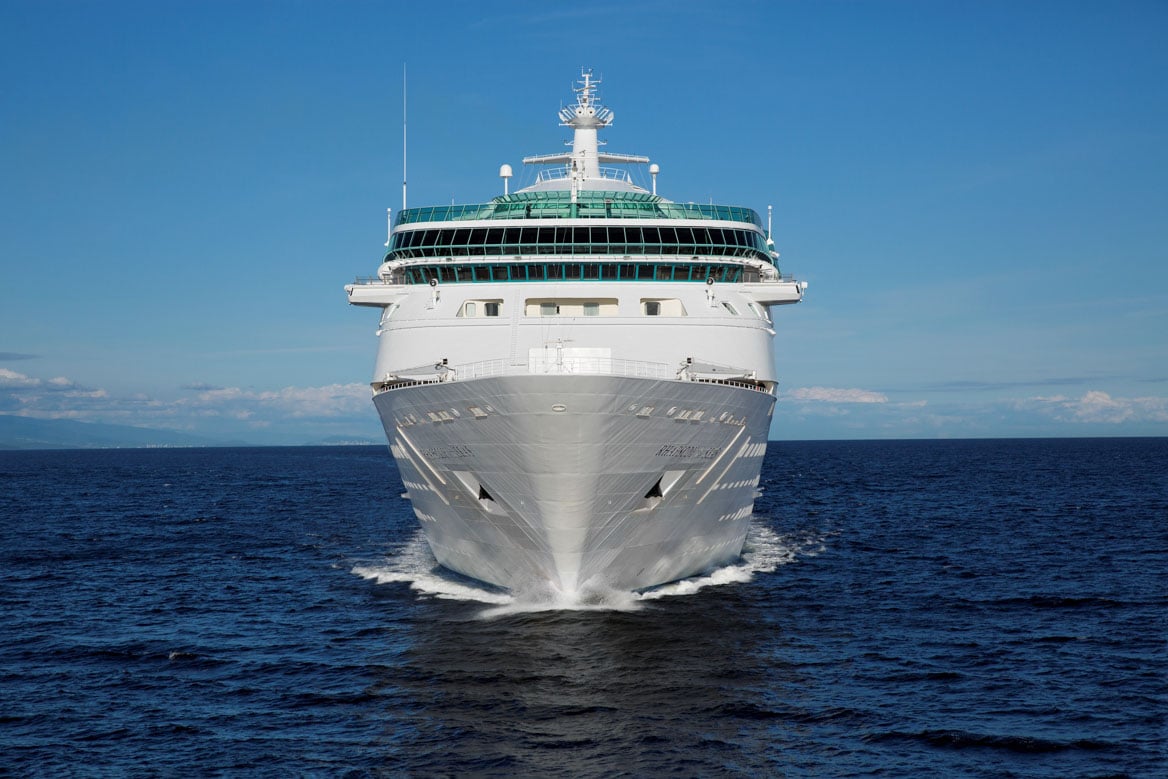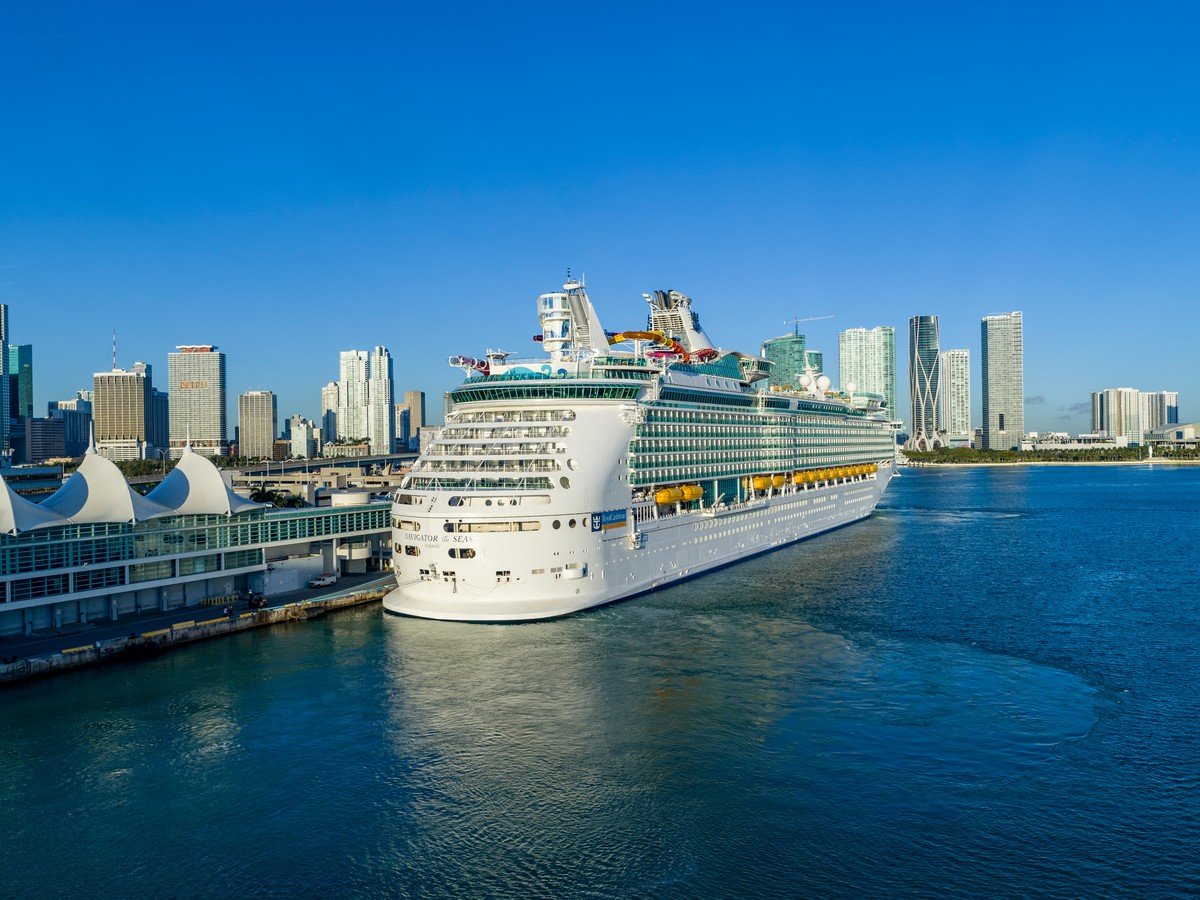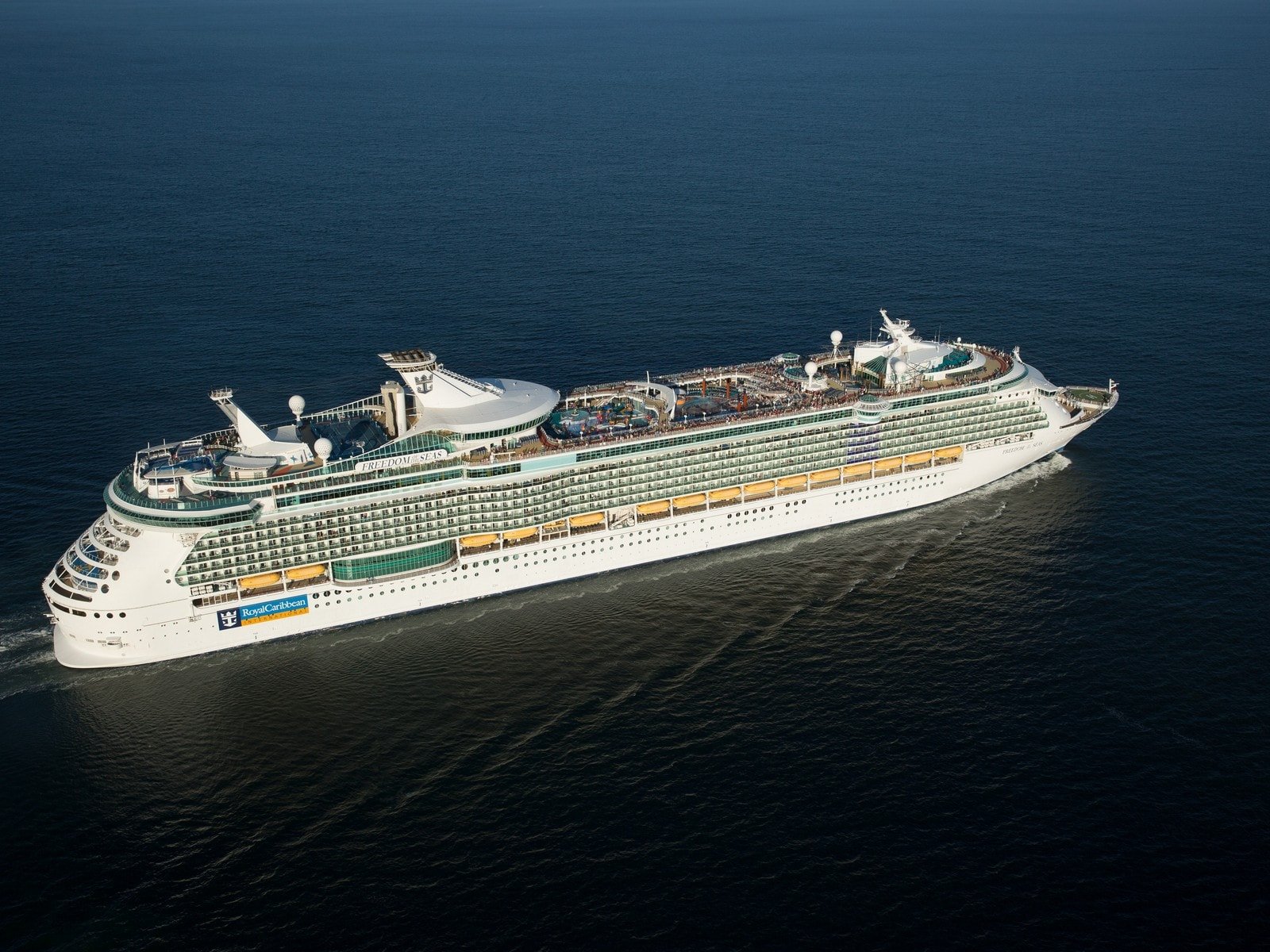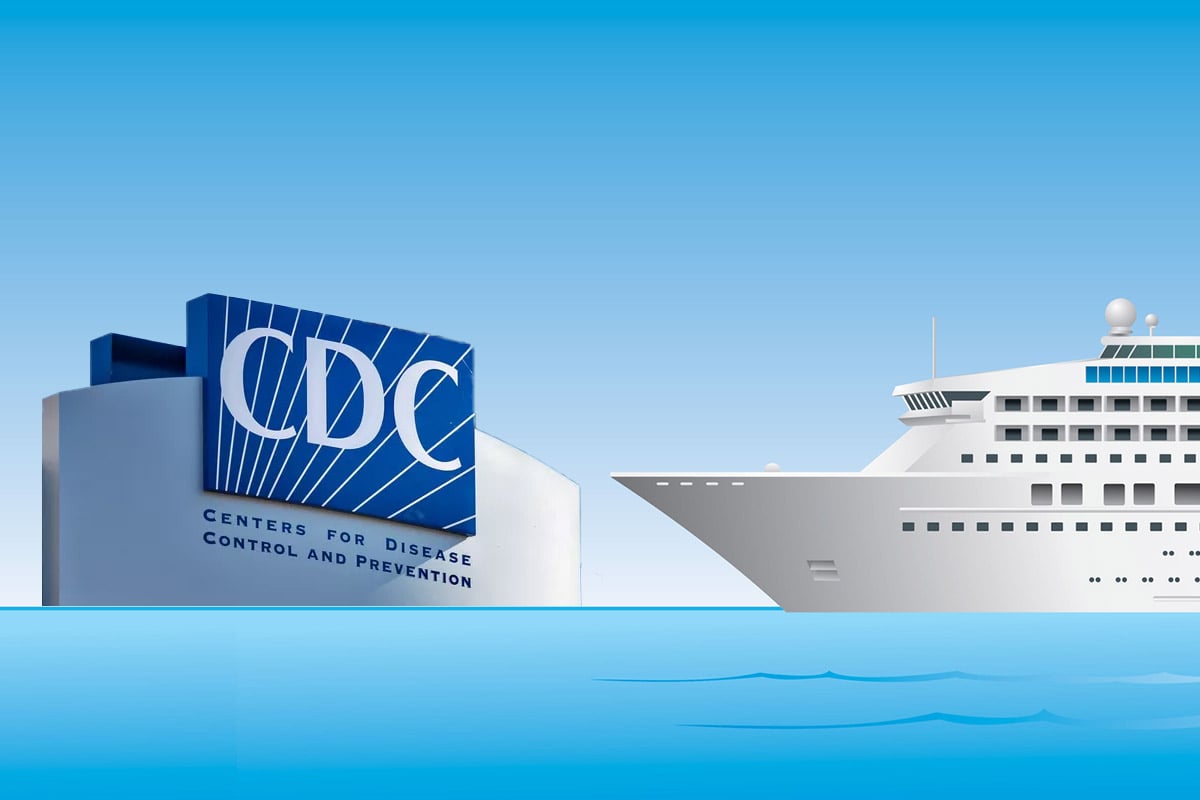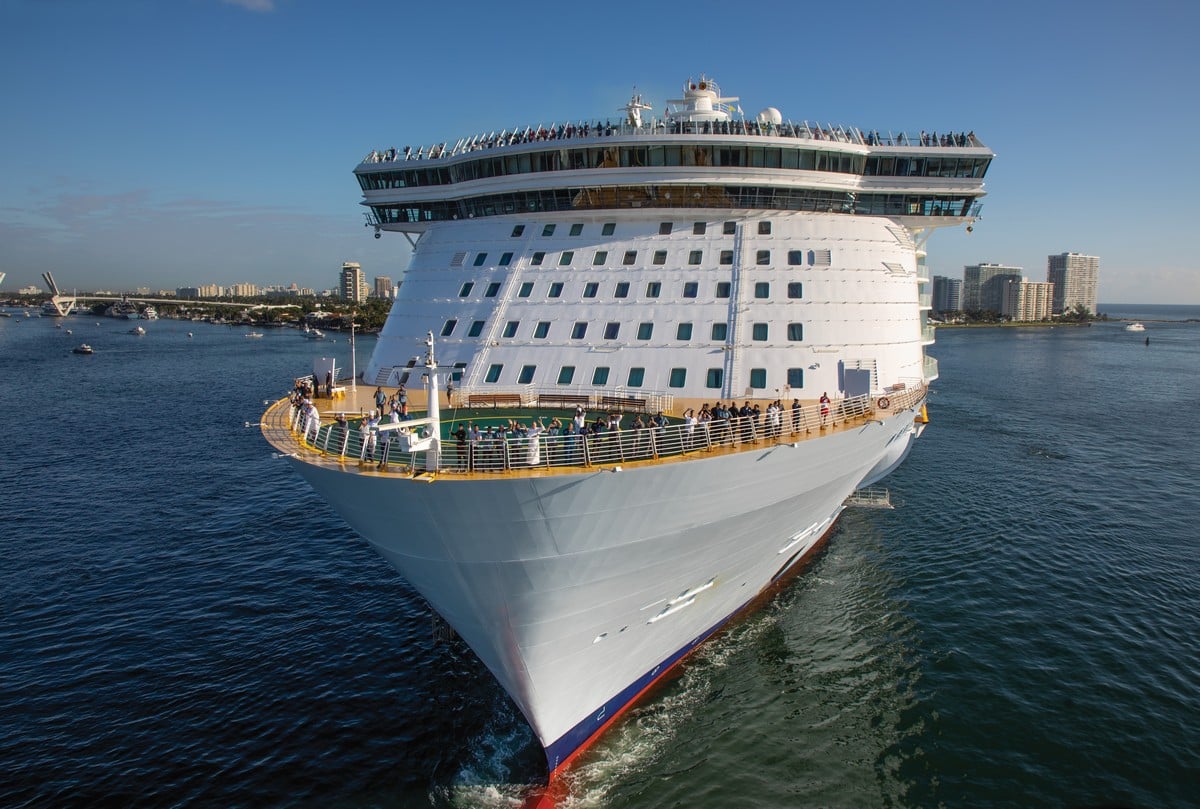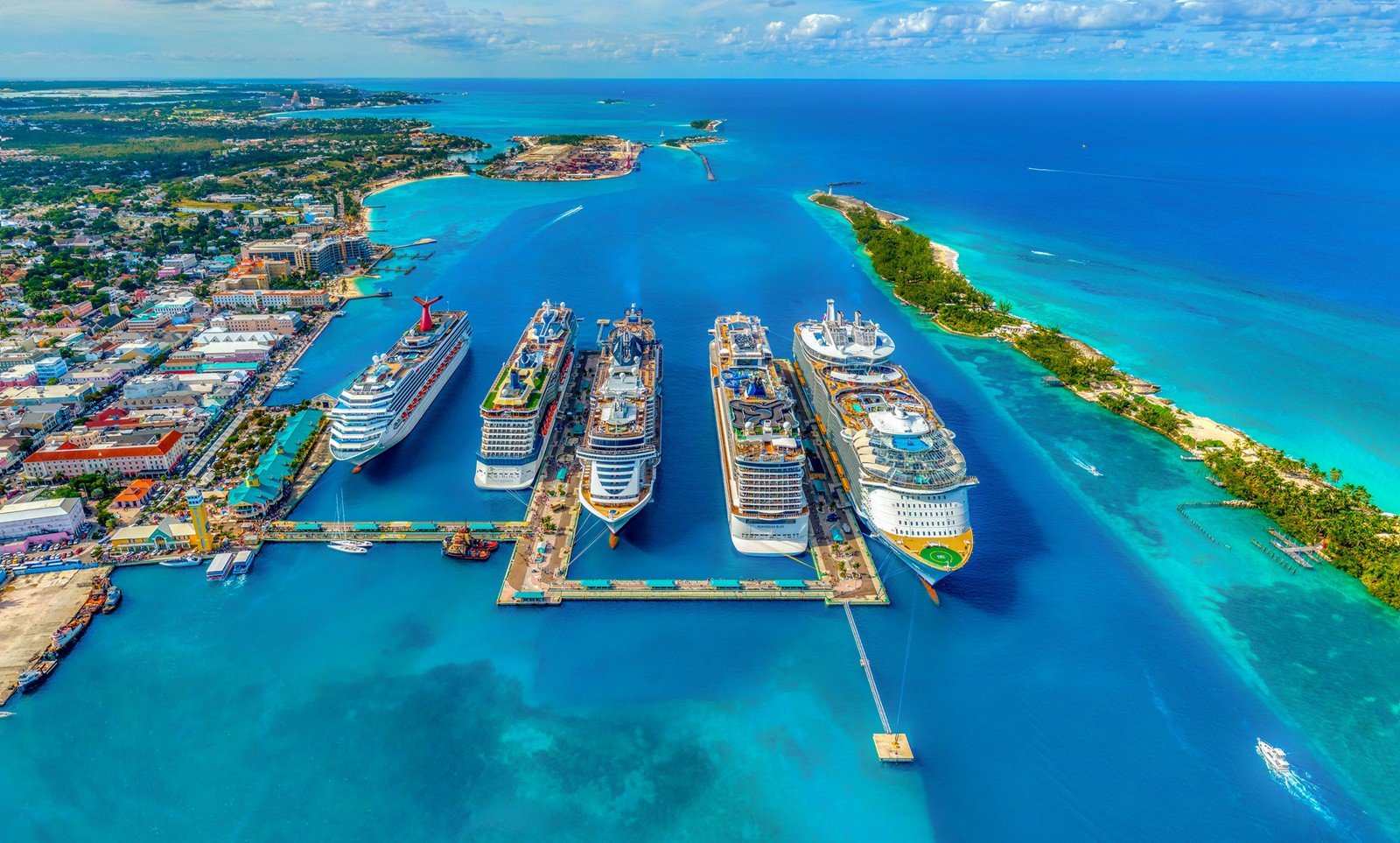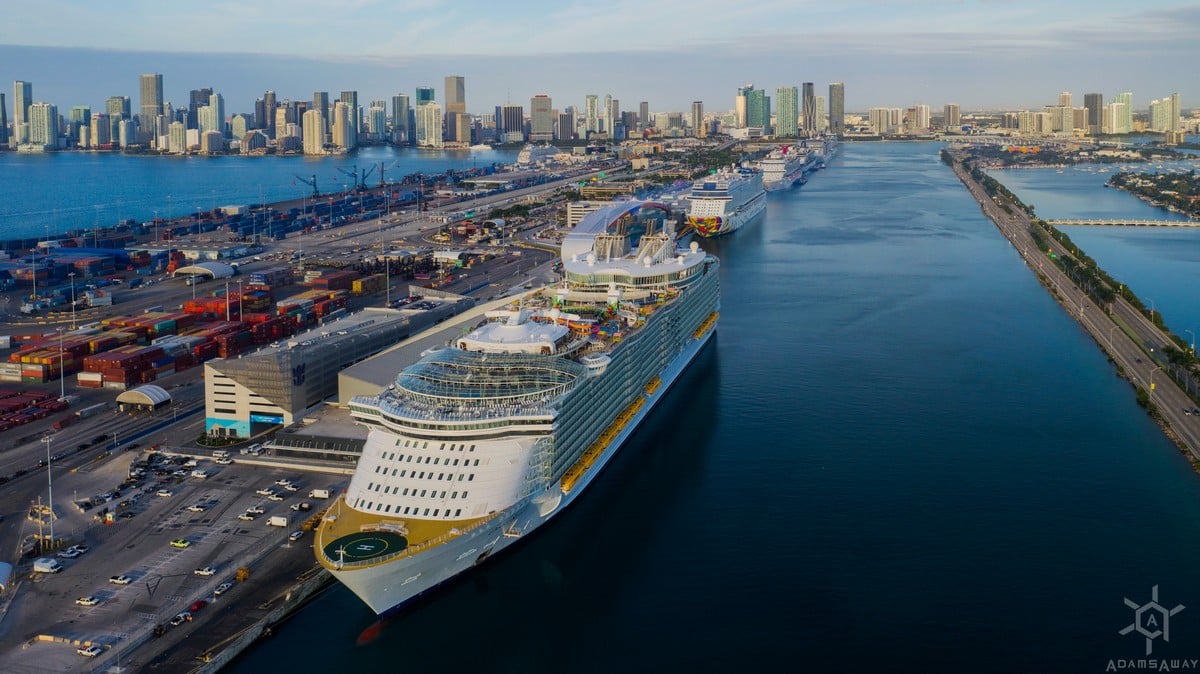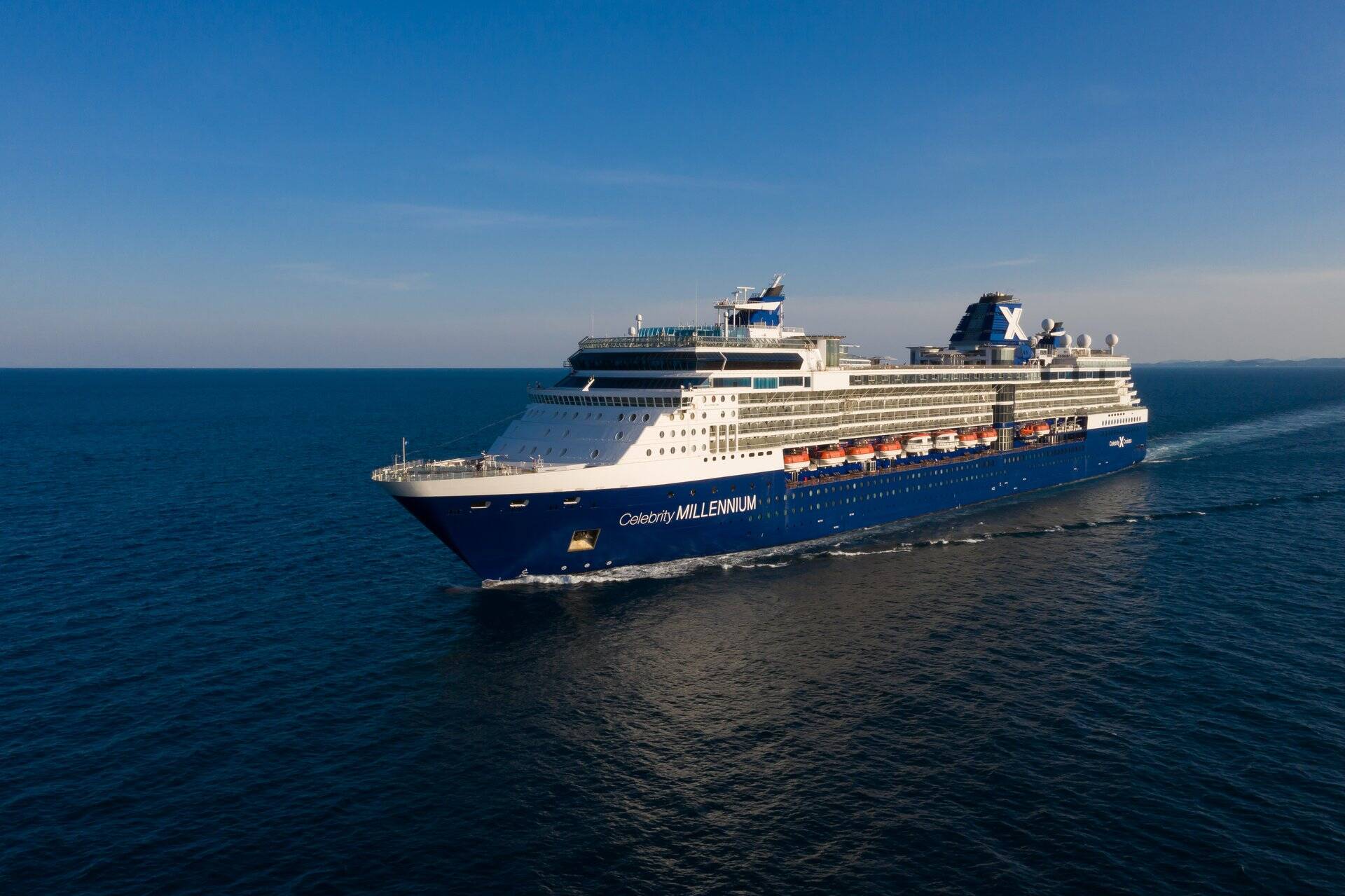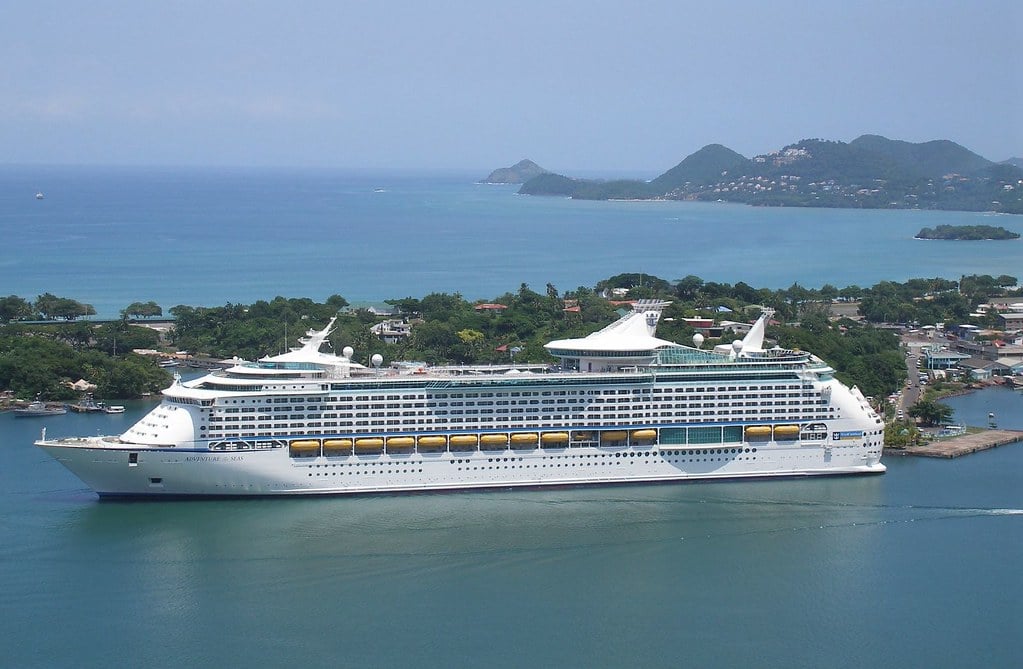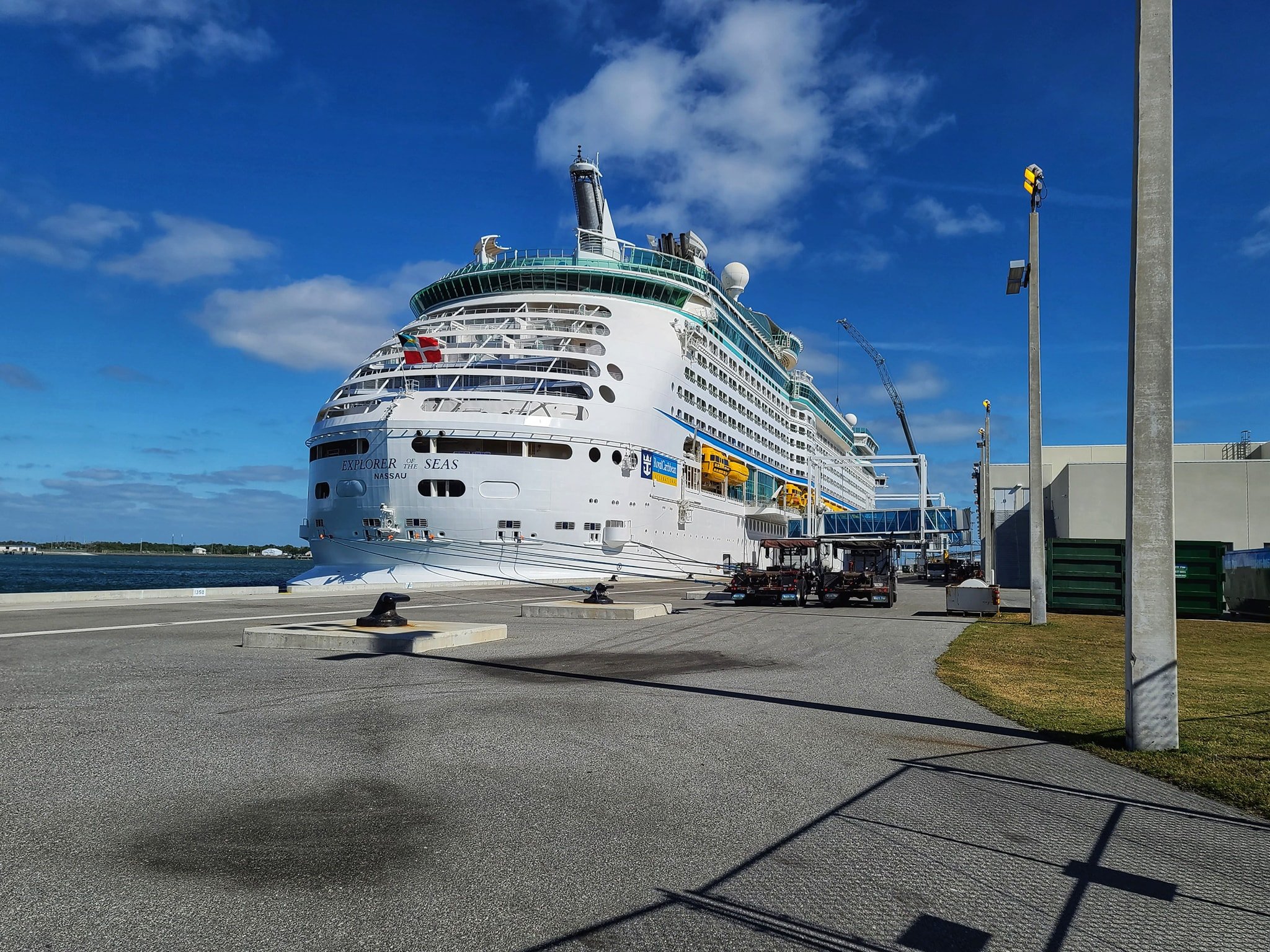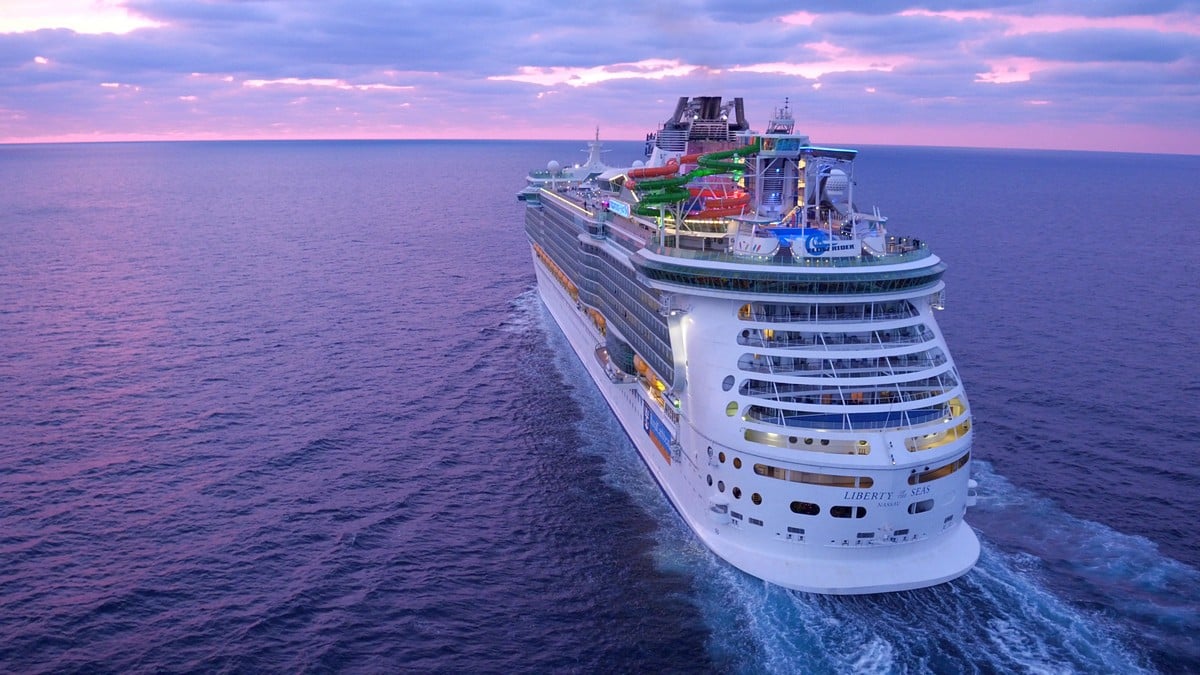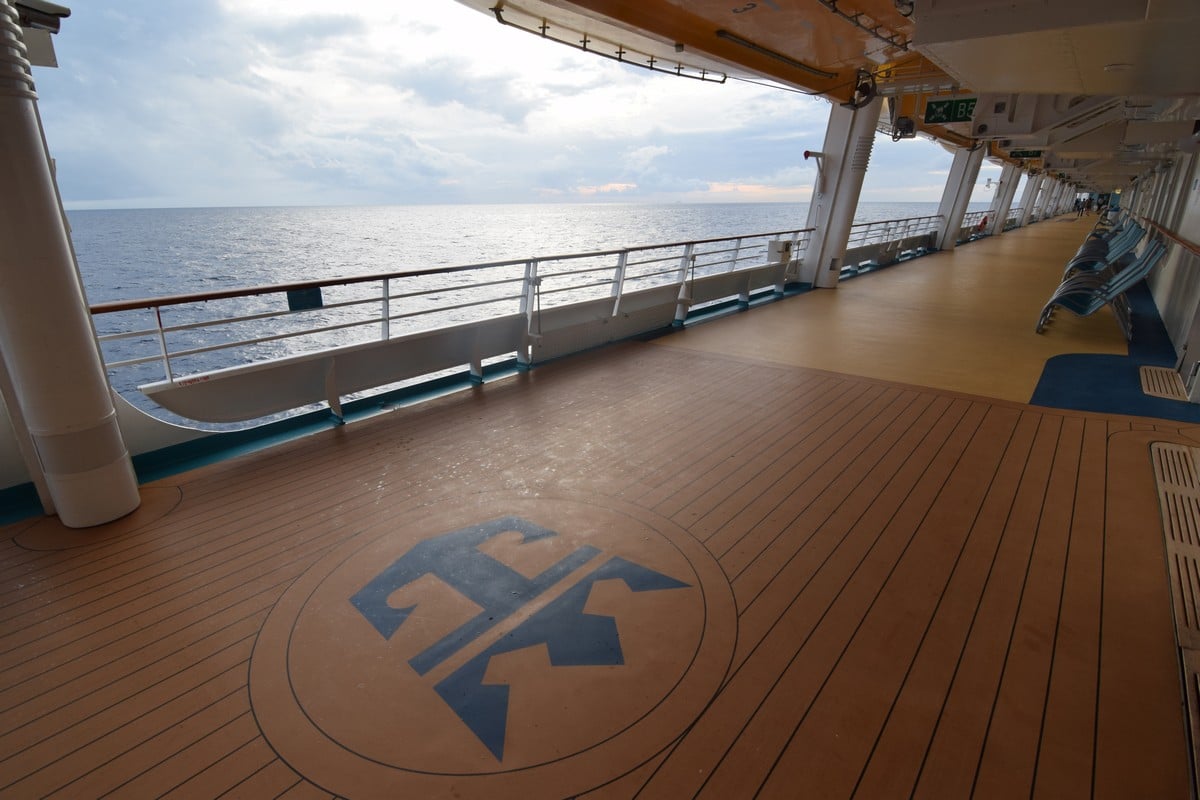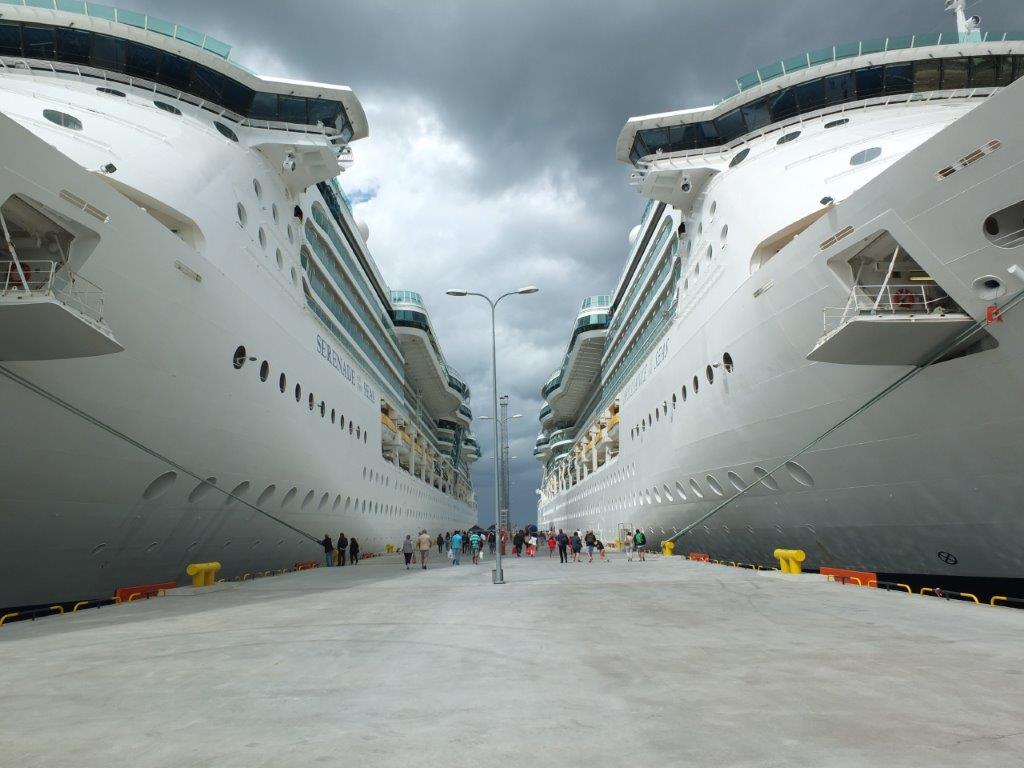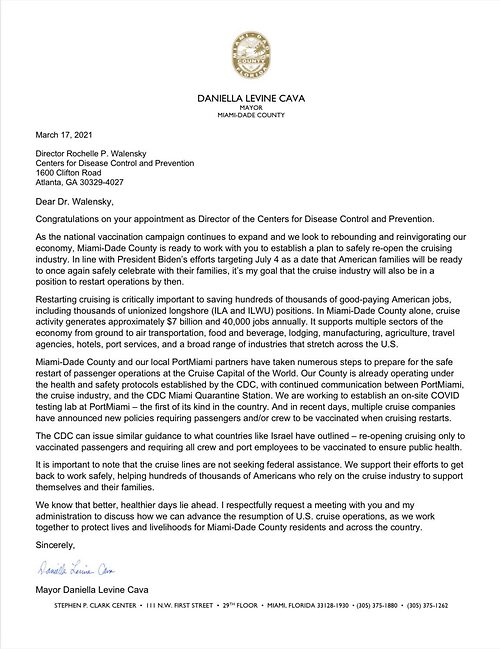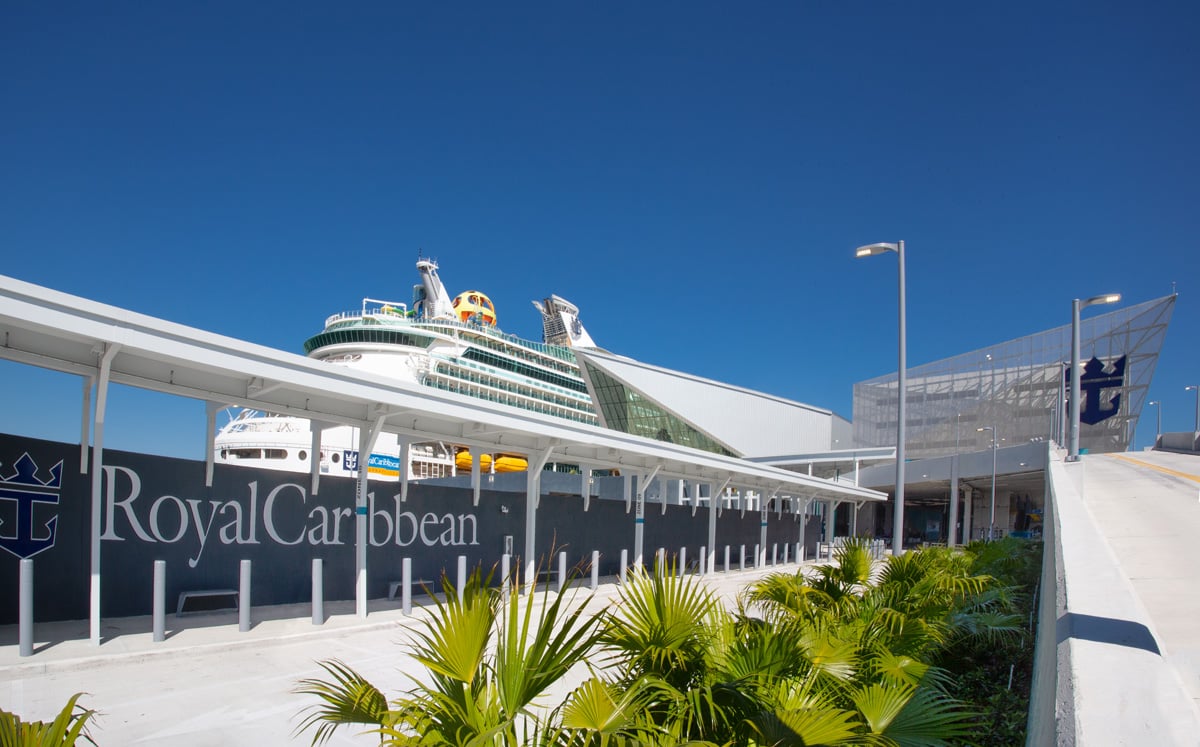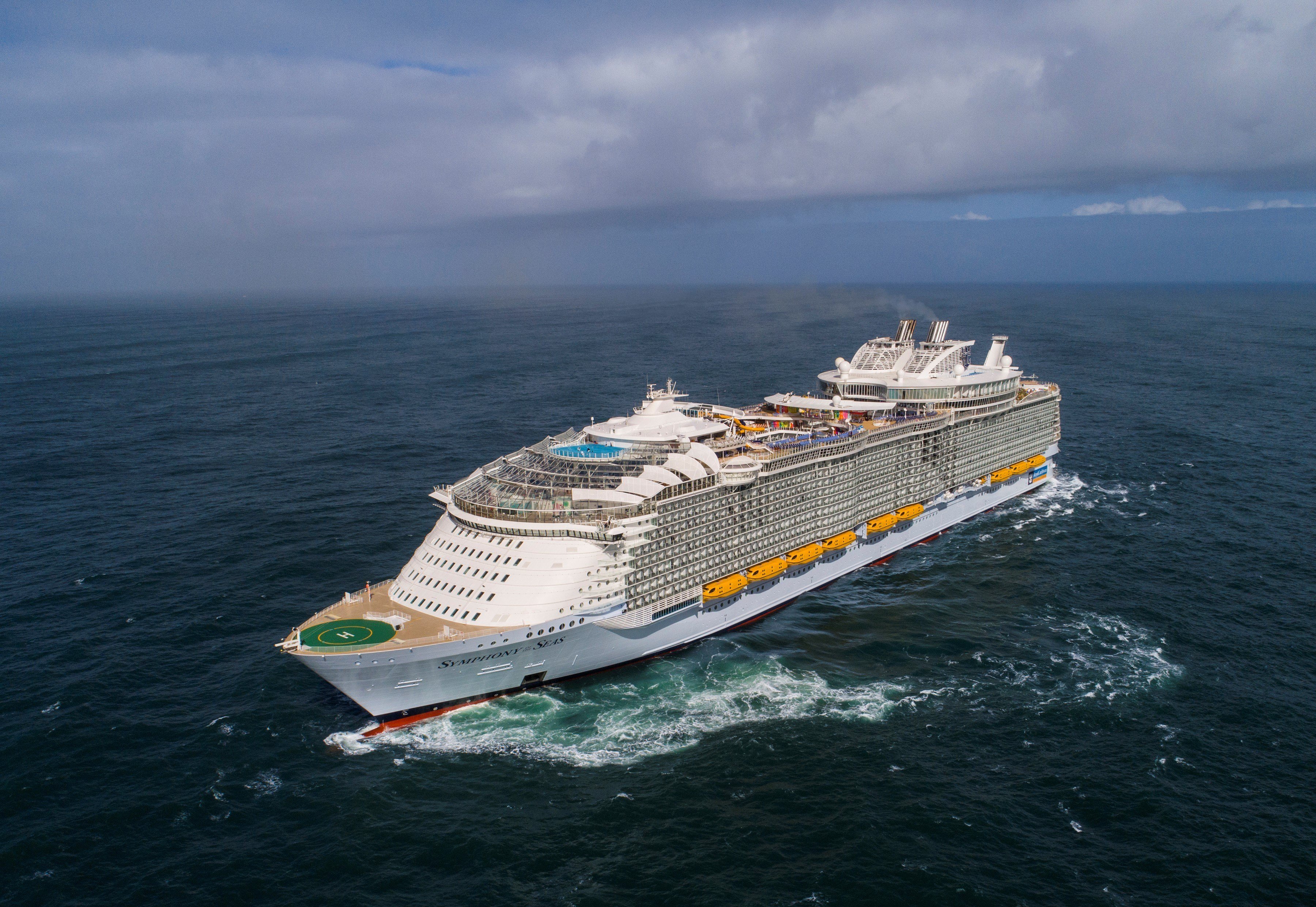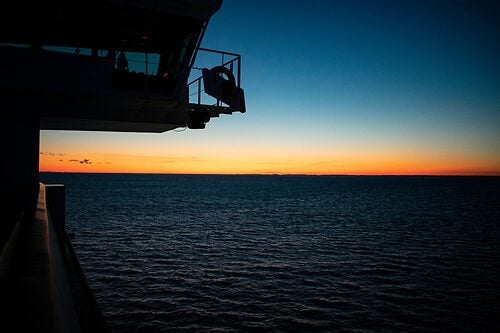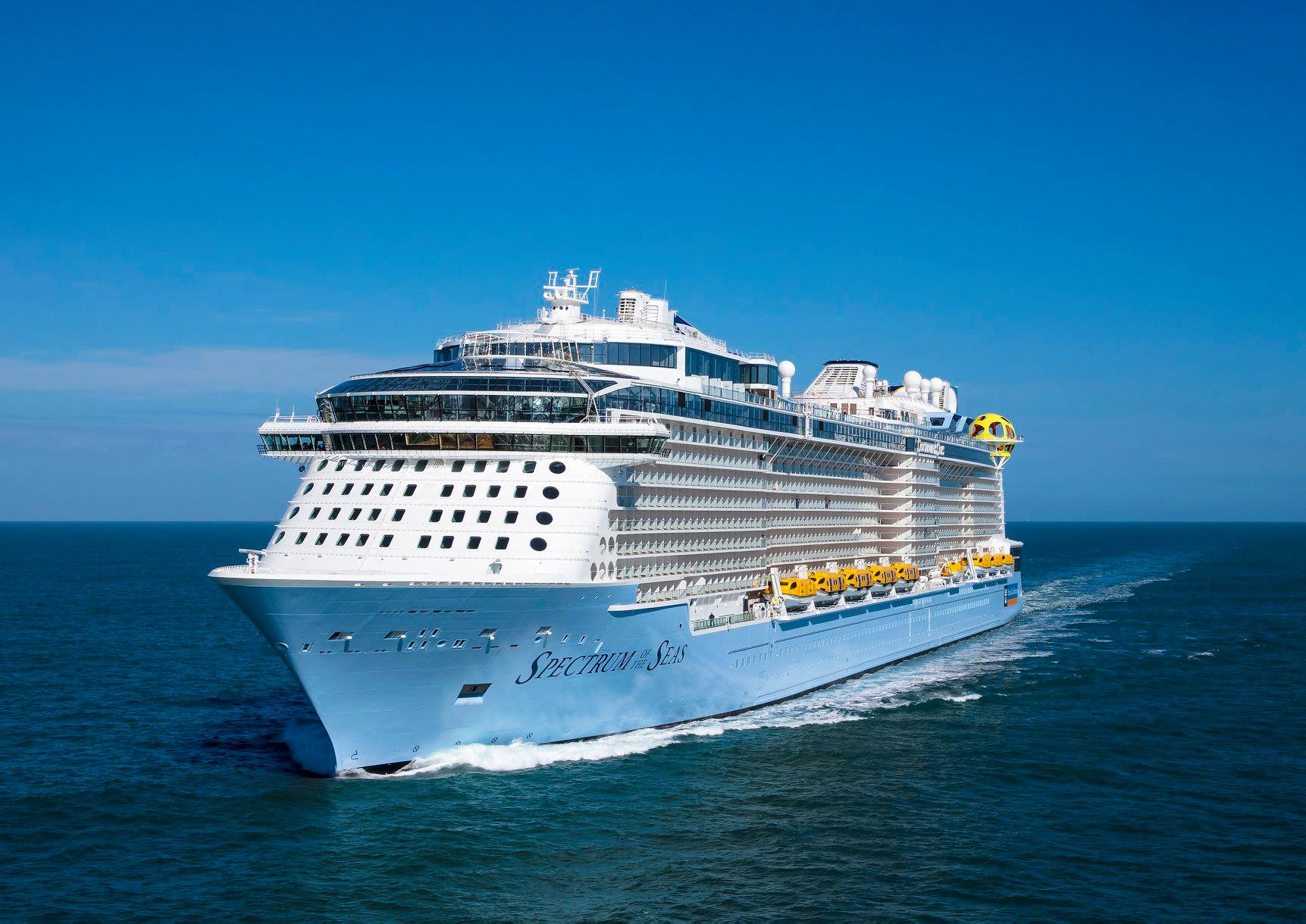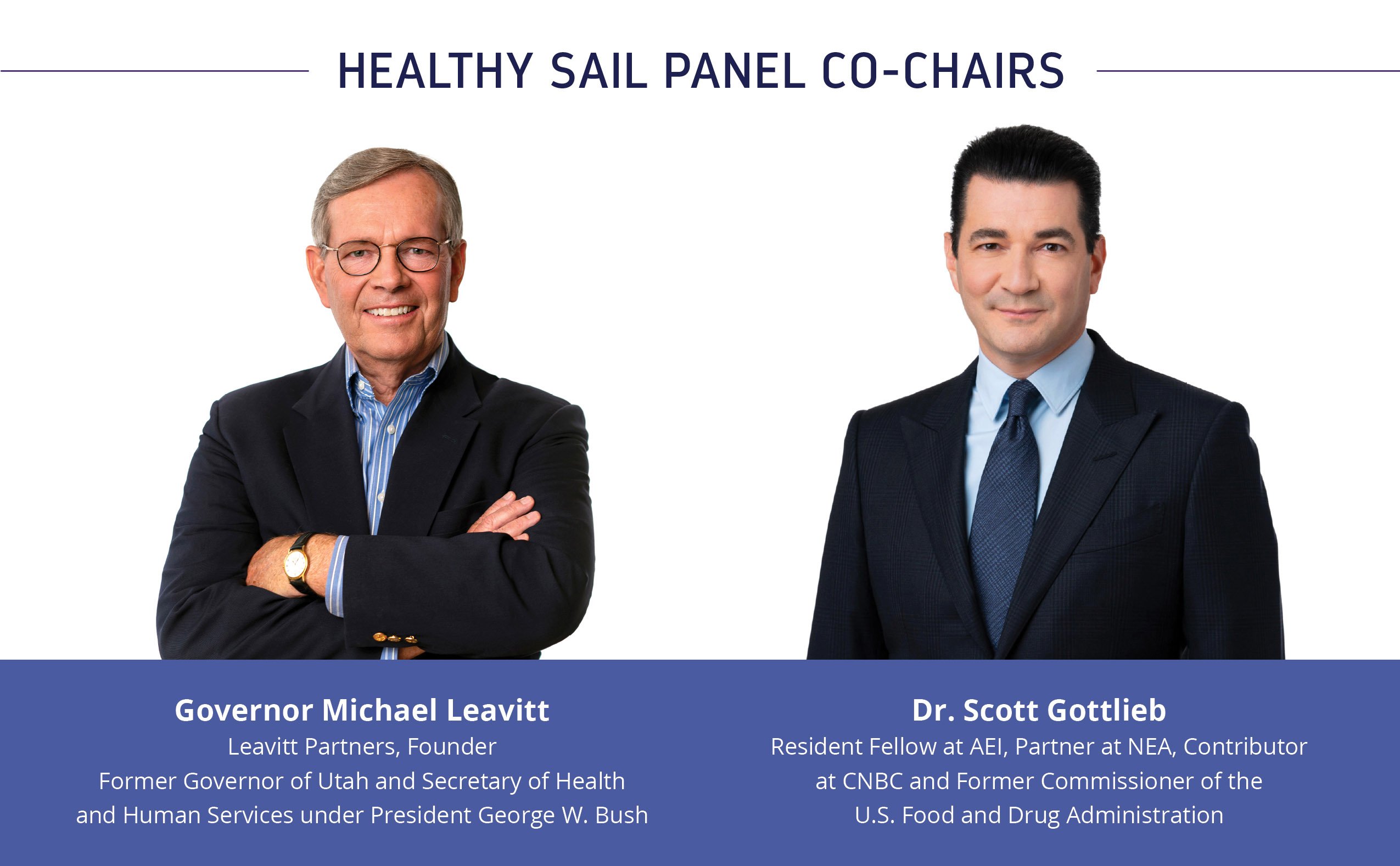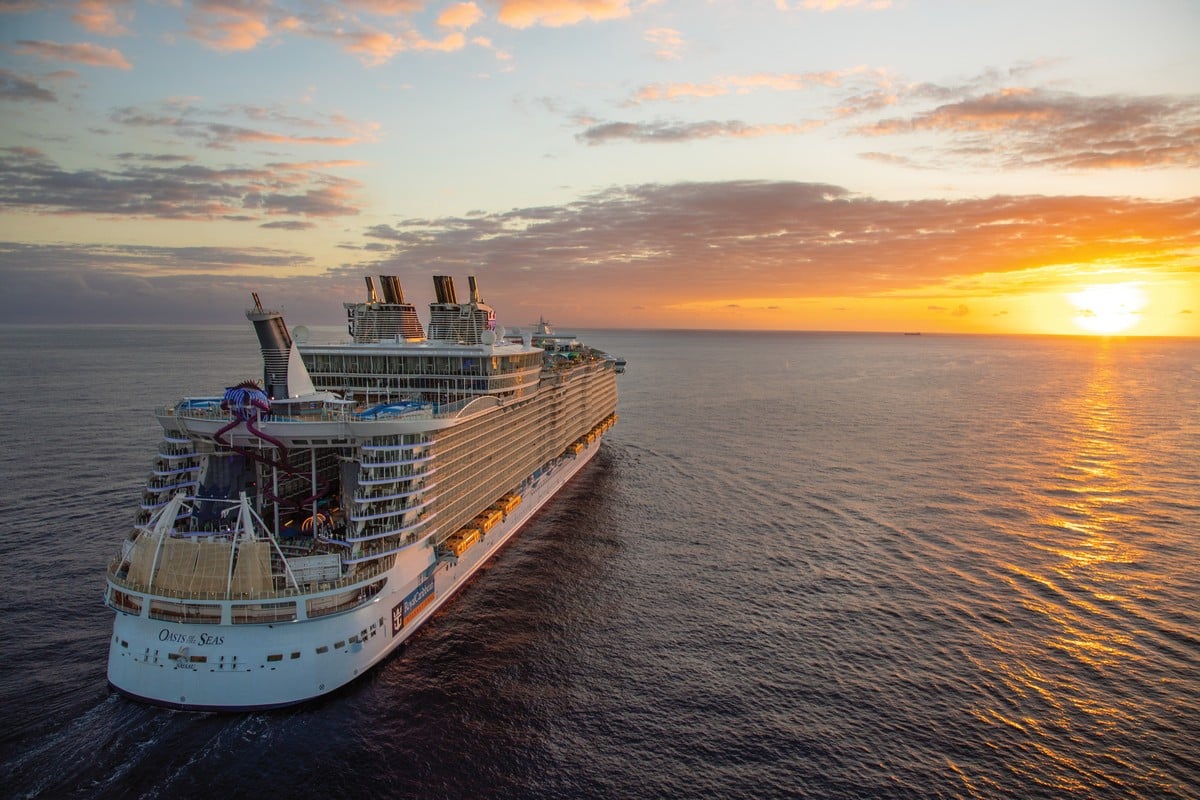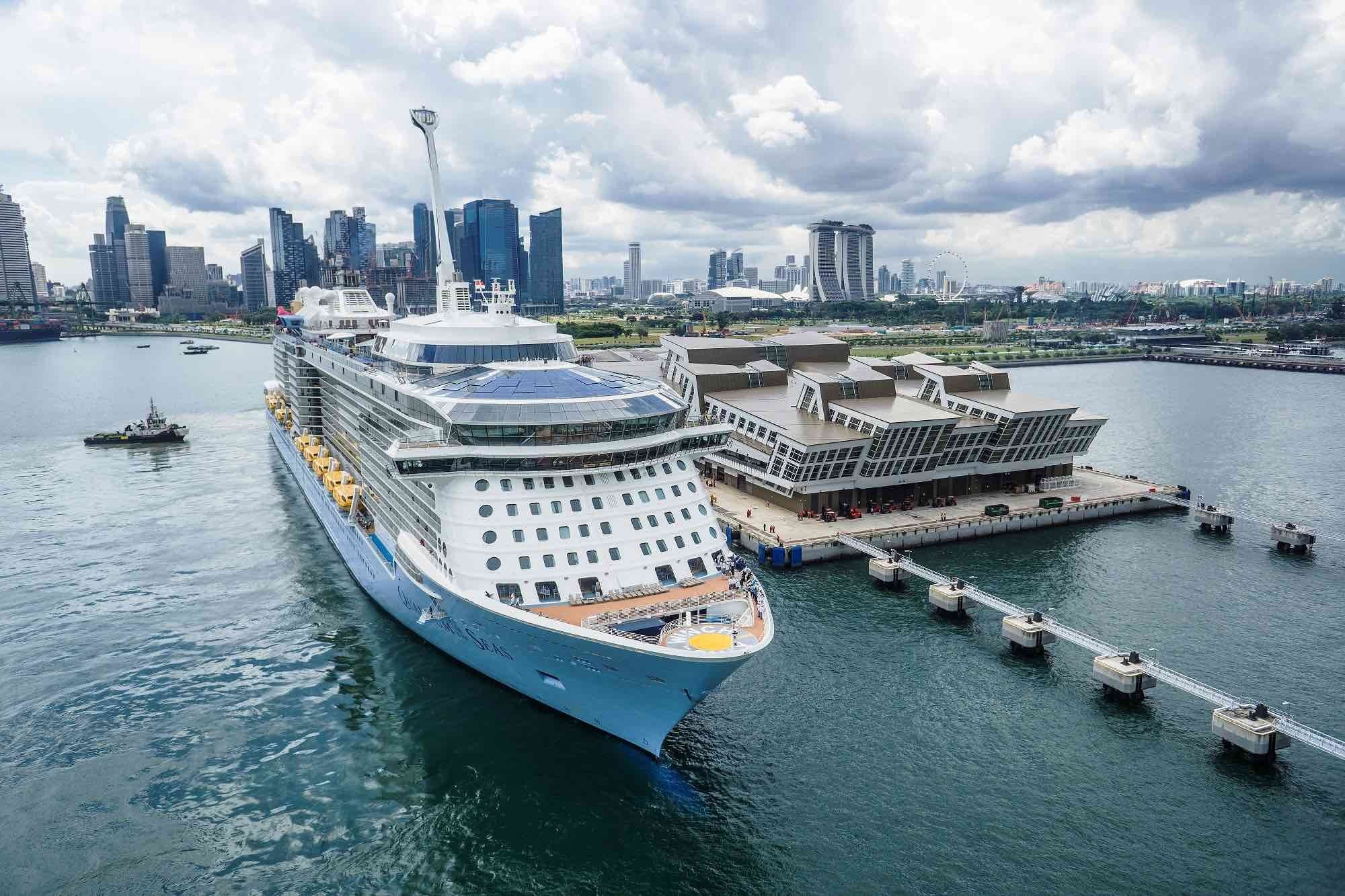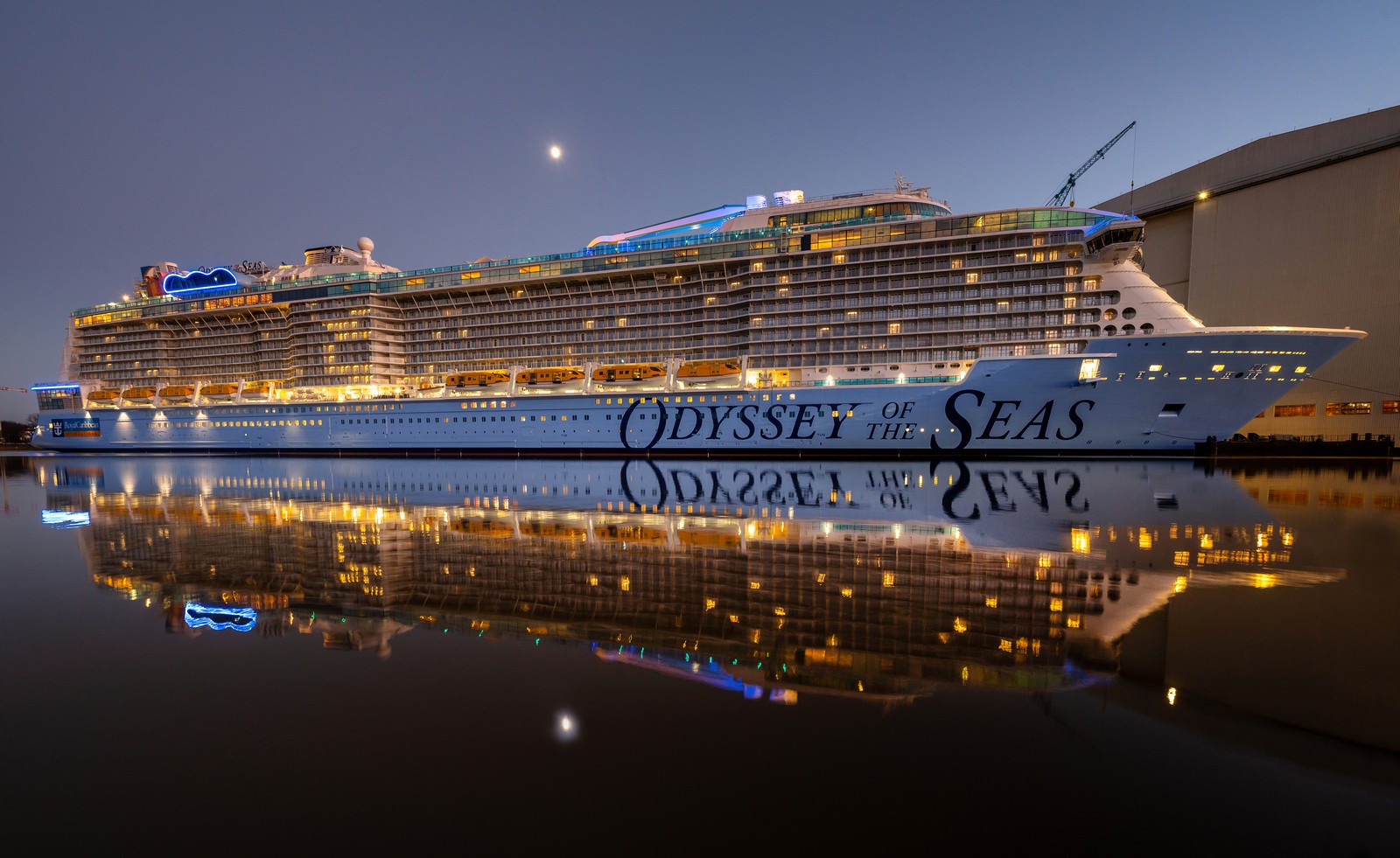Cruise industry rejects new CDC technical instructions & calls them "unworkable"
In:The cruise industry has renewed its call for cruise ships to be able to sail again, calling new federal instructions "disappointing".
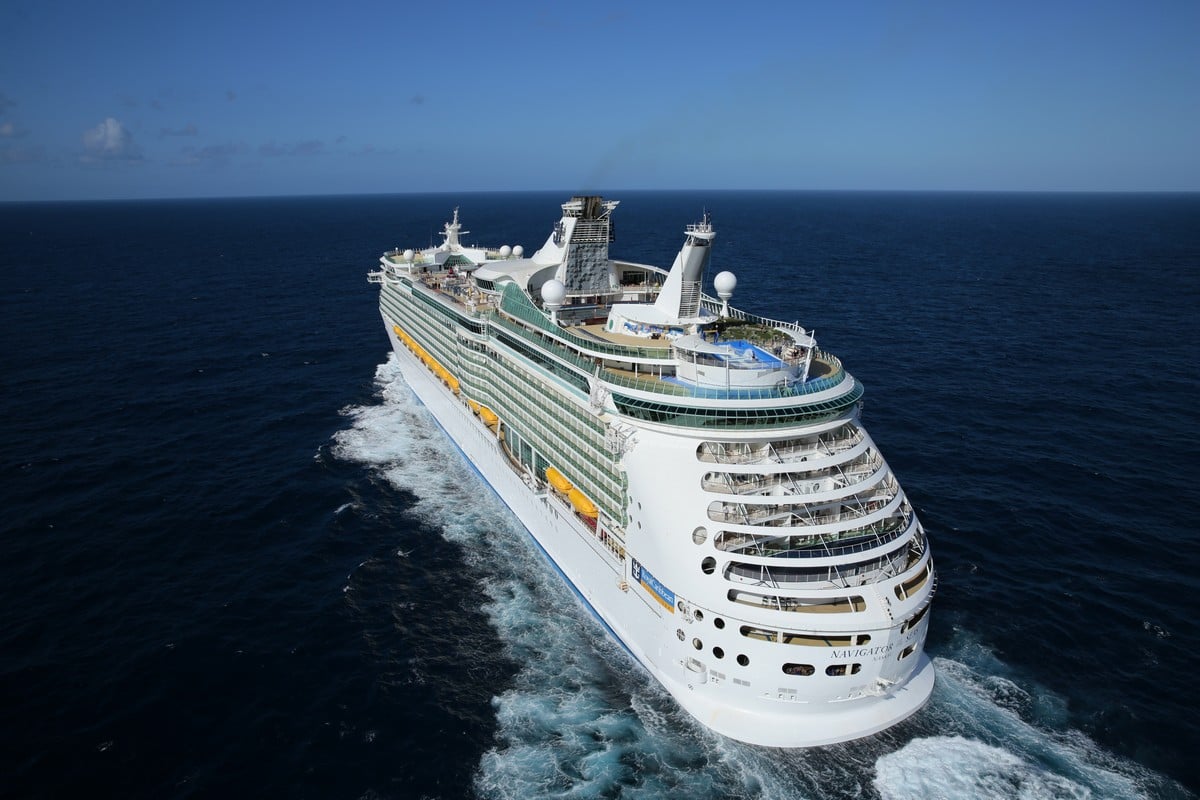
On Friday, the U.S. Centers for Disease Control (CDC) issued new technical instructions after many months of silence, but the Cruise Lines International Association (CLIA) today responded to them as not helpful.
In a statement, CLIA called on the U.S. government to once again lift the Conditional Sail Order (CSO), rather than continue with these steps.
CLIA represents nearly every major ocean, river, and specialty cruise line, including Royal Caribbean.
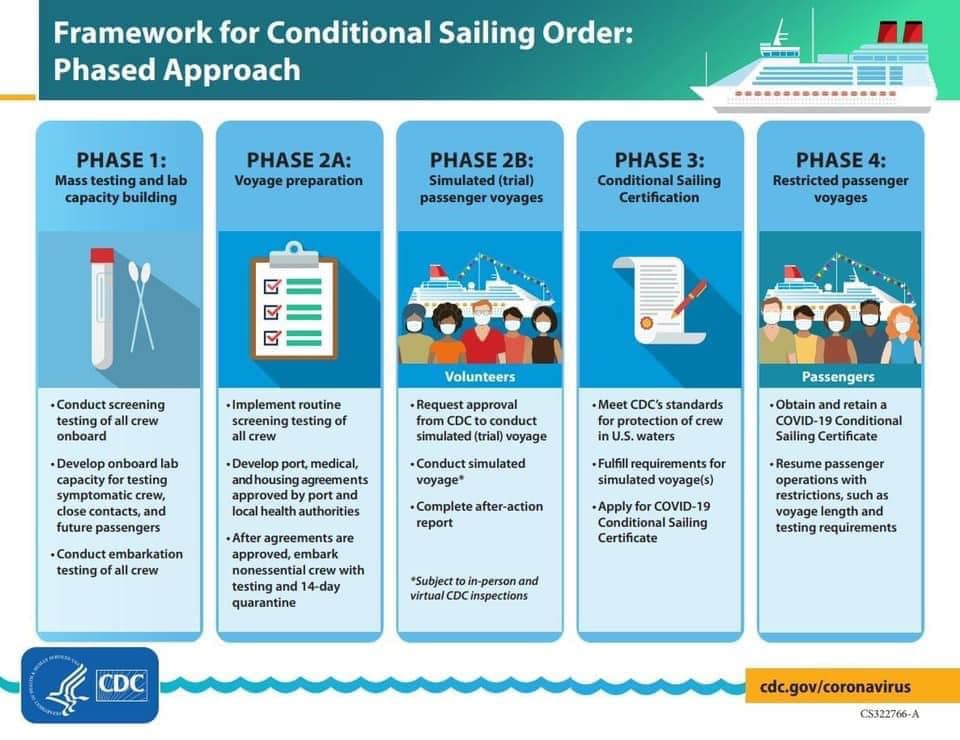
In short, CLIA called out the technical instructions, "The new requirements are unduly burdensome, largely unworkable, and seem to reflect a zero-risk objective rather than the mitigation approach to COVID that is the basis for every other US sector of our society."
Read more: Read the technical instructions
CLIA pointed out the glaring double standards that the cruise industry faces compared to every other form of travel.
"Moreover, the instructions are at odds with the approach the CDC and governments in other parts of the world apply to all other travel and tourism segments in mitigating the risk of COVID-19."
"On the same day CDC issued new onerous requirements for the cruise industry, five months after the original order, CDC issued relaxed guidance for domestic and international travel due to vaccination progress and recognition of the improved public health environment."
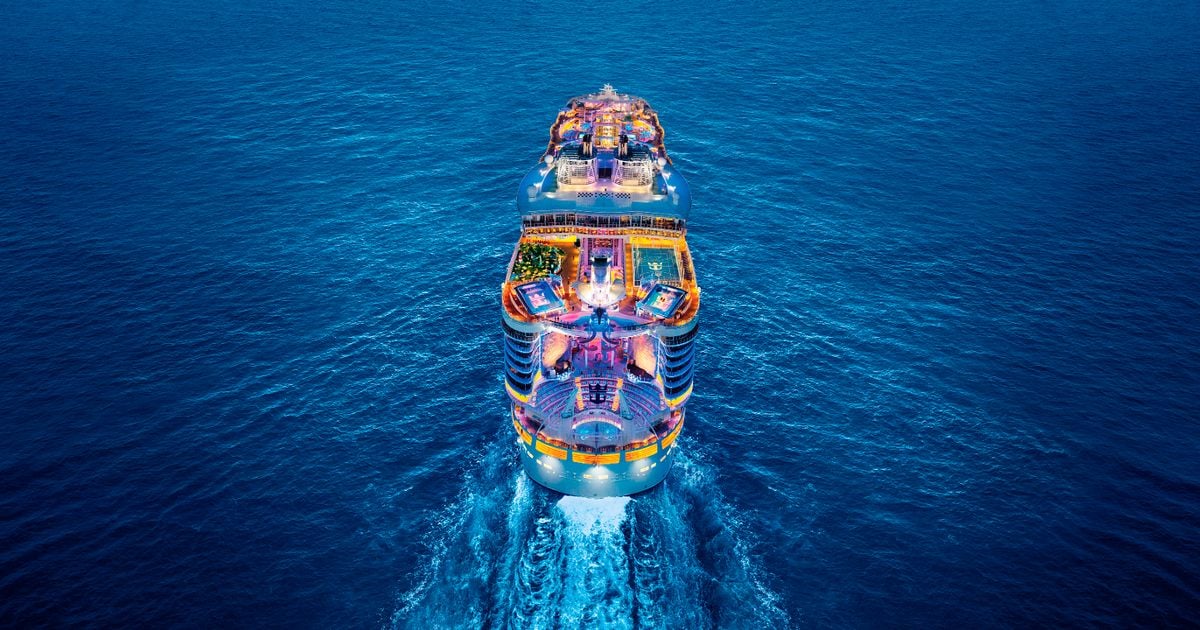
CLIA reitterated not only its call to lift the CSO, but also reminded the CDC about the working examples of cruise ships that have been able to operate around the world with extremely low cases onboard.
"The irony is that today an American can fly to any number of destinations to take a cruise, but cannot board a ship in the U.S."
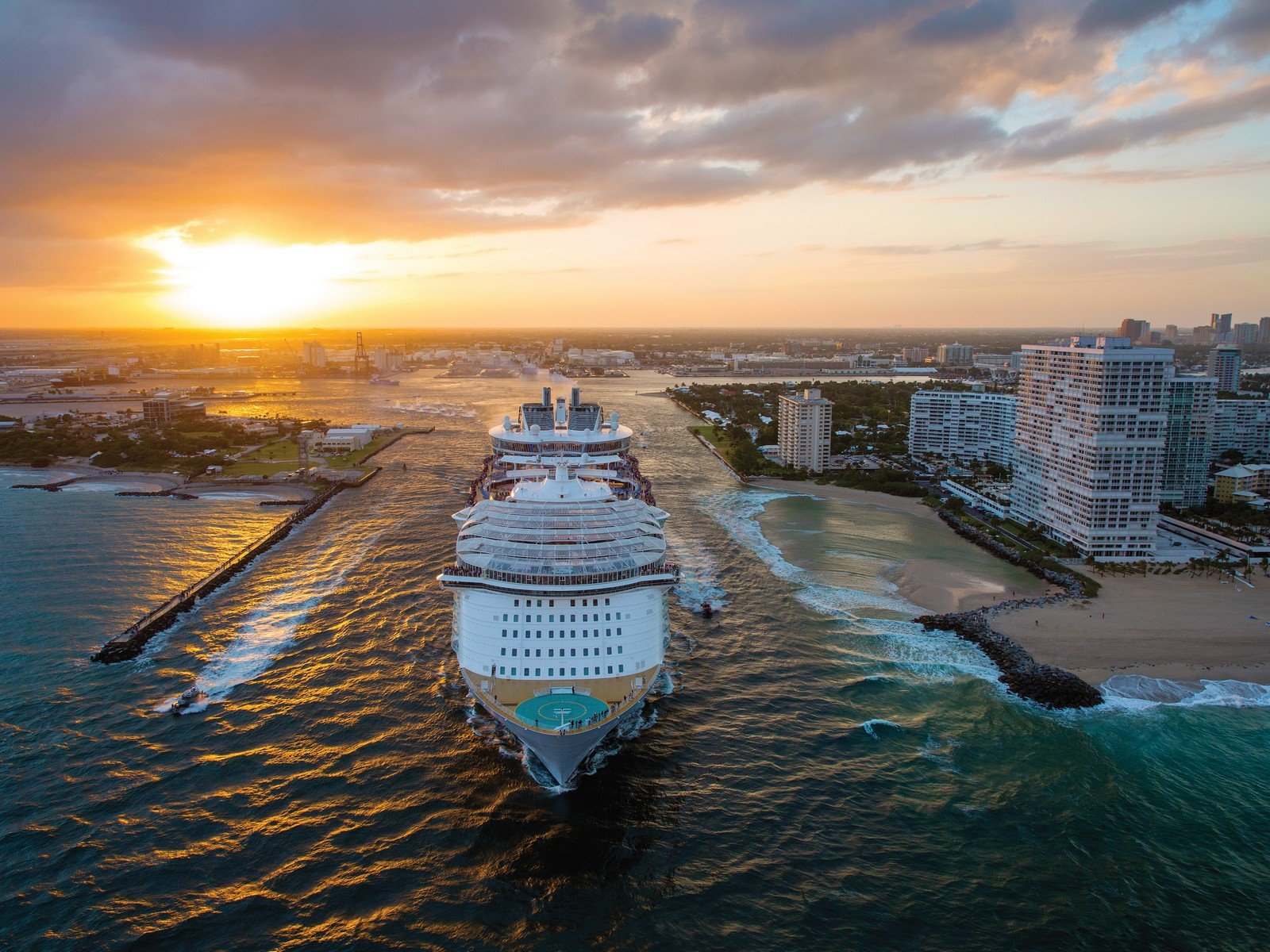
CLIA believes a joint effort can restart sailings faster and with the health and safety in mind of all passengers, crew, and local communities than continuing with the CSO.
"CLIA urges the Administration to consider the ample evidence that supports lifting the CSO this month to allow for the planning of a controlled return to service this summer. If anything, the announcement last Friday is a clarion call for closer cooperation and coordination among stakeholders to achieve the President’s goal of reaching a ‘new normal’ by the Fourth of July.
"Working together, we can avoid the negative consequences that come when cruising, and the workers who support it, are not afforded the same opportunities as other workers in industries with far fewer practices in place to provide for public health and well-being."
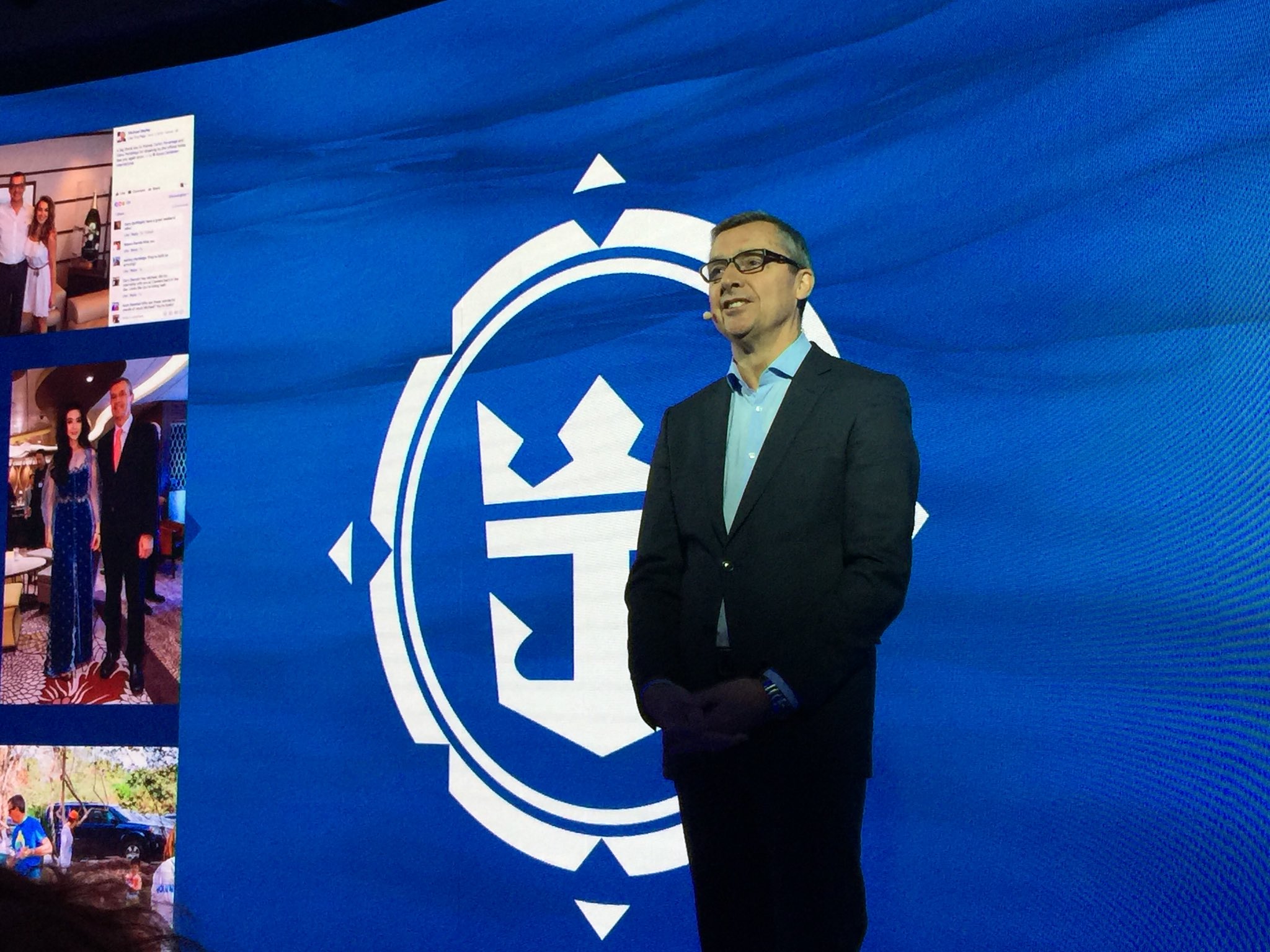
The new technical instructions were as disappointing as Royal Caribbean President and CEO Michael Bayley had feared they would be.
Last week, Mr. Bayley used the word, "worried" to describe what the CDC may tell cruise lines to do if they actually provided any kind of guidance.
"We're worried that the guidance that we're going to get is going to be pretty outdated."

Joining CLIA in its disappointment was Port Canaveral, whose CEO shared his disdain for the new instructions.
Captain John Murray, Port Canaveral CEO, issued a statement criticizing them, "We’re disappointed that this guidance for the cruise industry appears to be nothing more than an incremental step in a far-reaching process to resume passenger sailings in the U.S. with no definitive or target start date."
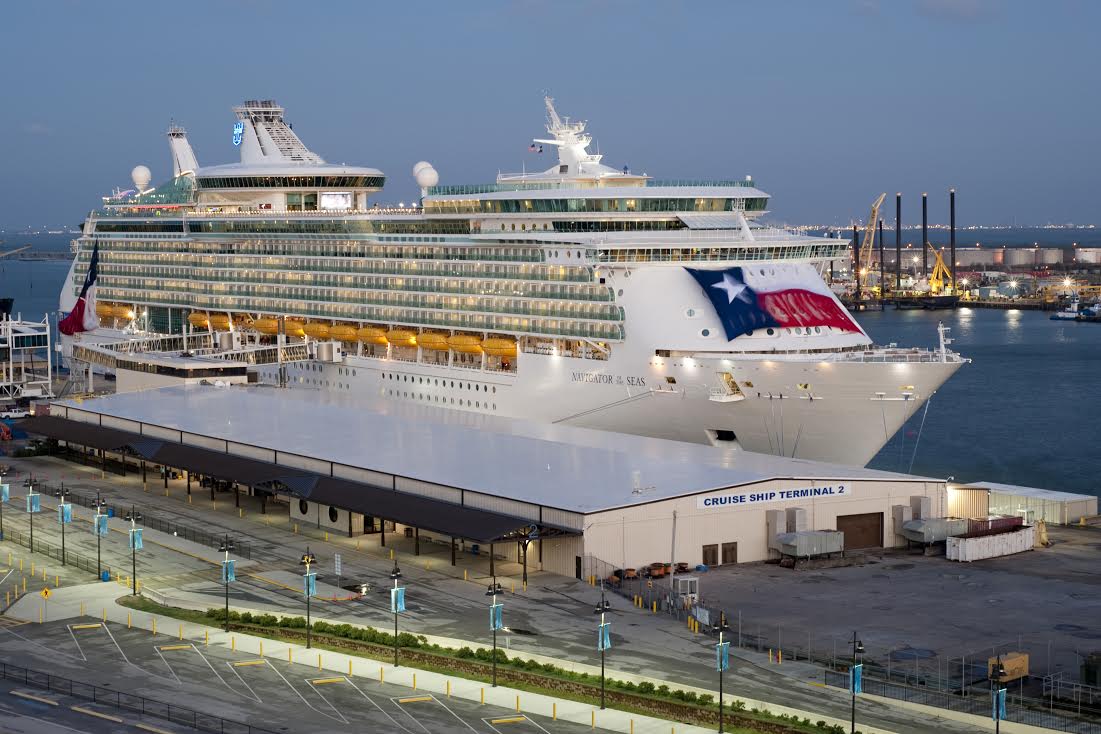
The Port of Galveston also voiced their displeasure with the new instructions.
Galveston Wharves CEO and Port Director Rodger Rees called on the CDC to lift the CSO citing the inaction by the agency, "As CEO and port director of the fourth most popular cruise port in North America and the only cruise port in Texas, I am joining Florida Gov. Ron DeSantis, the Cruise Lines International Association (CLIA), major cruise lines and many others in calling for the CDC to lift the Conditional Sailing Order (CSO) and allow safe, sustainable phased cruising to begin in July."
"The CDC has taken no action despite the following facts: millions of Americans are vaccinated; COVID case numbers in the U.S. have declined significantly in recent months; cruise ports and cruise lines have put measures in place for safe, sustainable cruising; cruising in markets around the world has resumed while preventing or limiting spread of the virus."


